100 Best Aerospace Engineering schools in the United States
Updated: February 29, 2024
- Art & Design
- Computer Science
- Engineering
- Environmental Science
- Liberal Arts & Social Sciences
- Mathematics
Below is a list of best universities in the United States ranked based on their research performance in Aerospace Engineering. A graph of 35.3M citations received by 1.16M academic papers made by 739 universities in the United States was used to calculate publications' ratings, which then were adjusted for release dates and added to final scores.
We don't distinguish between undergraduate and graduate programs nor do we adjust for current majors offered. You can find information about granted degrees on a university page but always double-check with the university website.

1. Massachusetts Institute of Technology
For Aerospace Engineering
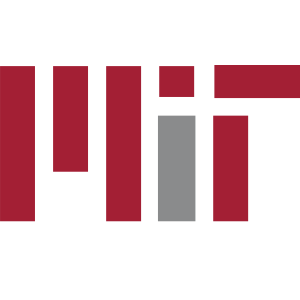
2. Stanford University

3. University of Michigan - Ann Arbor
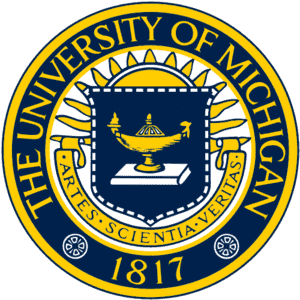
4. University of California - Berkeley
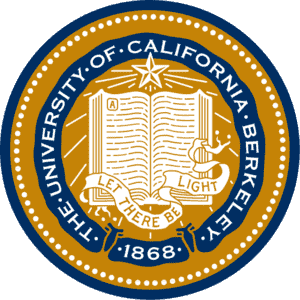
5. Harvard University
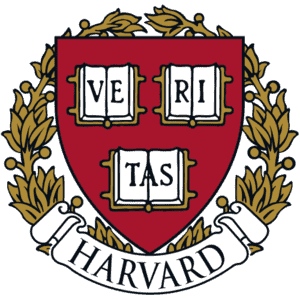
6. University of Illinois at Urbana - Champaign
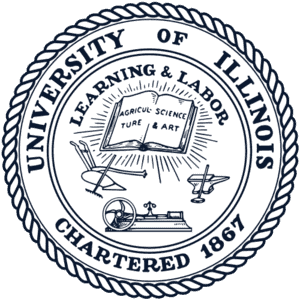
7. Georgia Institute of Technology
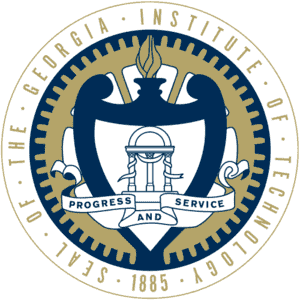
8. Pennsylvania State University
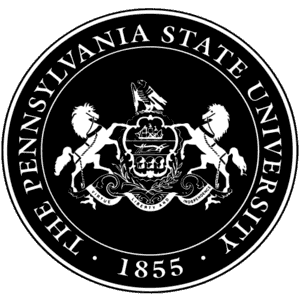
9. Princeton University
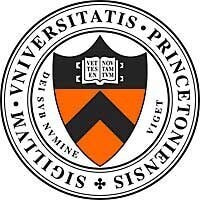
10. University of Maryland - College Park
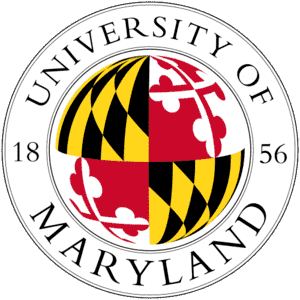
11. University of California - Los Angeles
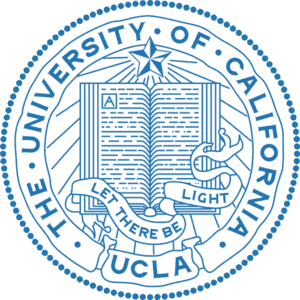
12. Cornell University
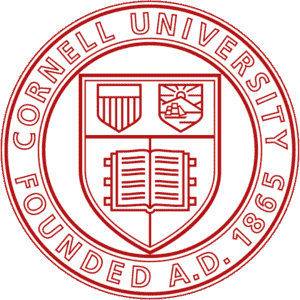
13. California Institute of Technology
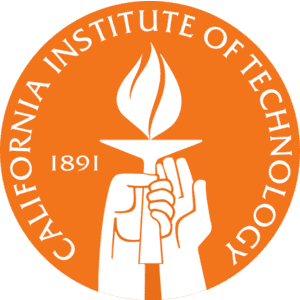
14. University of Minnesota - Twin Cities
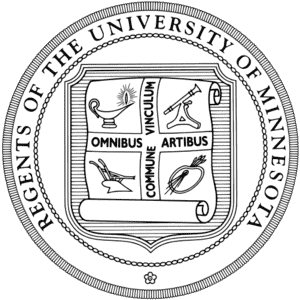
15. University of Washington - Seattle
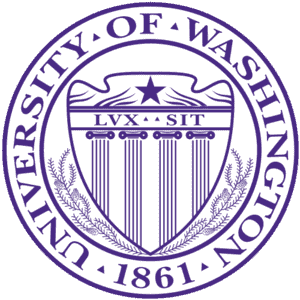
16. University of Texas at Austin
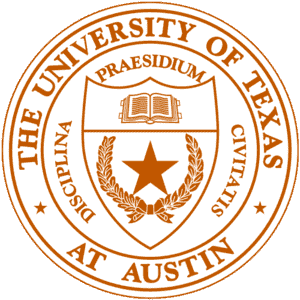
17. Ohio State University
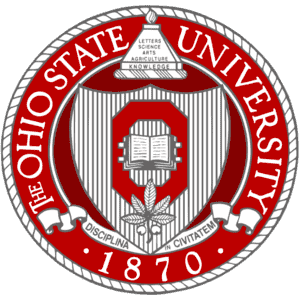
18. University of Wisconsin - Madison
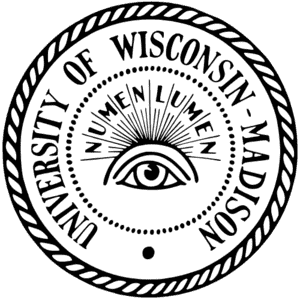
19. Johns Hopkins University
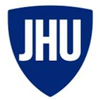
20. Purdue University
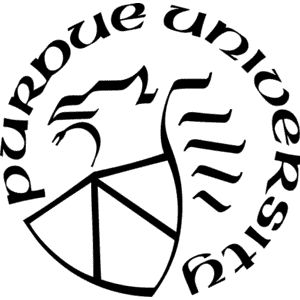
21. University of California-San Diego
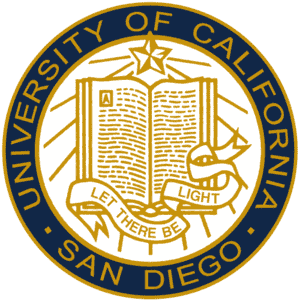
22. Virginia Polytechnic Institute and State University
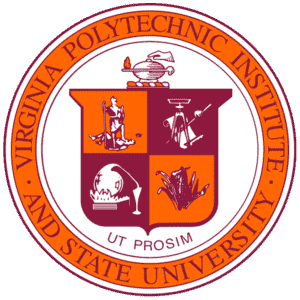
23. Texas A&M University - College Station
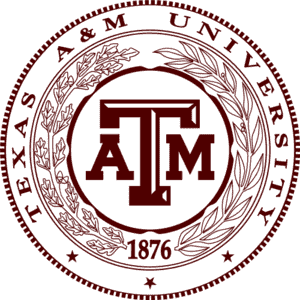
24. University of Florida
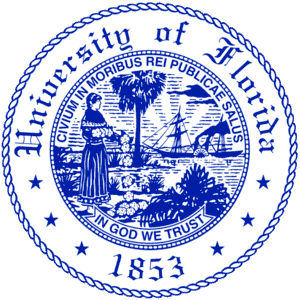
25. University of Colorado Boulder
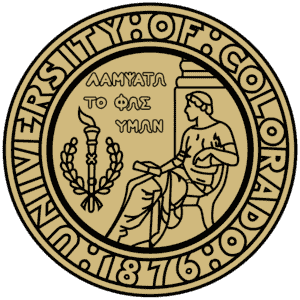
26. Columbia University
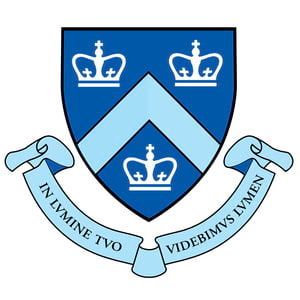
27. University of Arizona
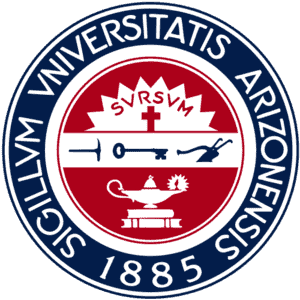
28. Carnegie Mellon University
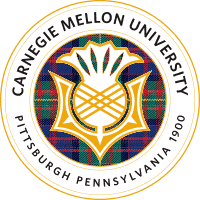
29. University of Southern California
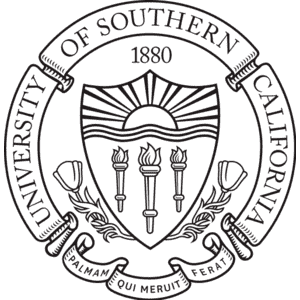
30. University of California - Davis
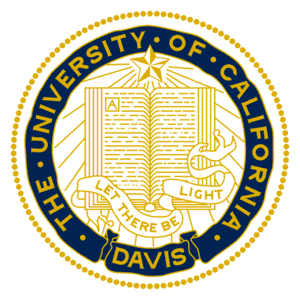
31. University of California - Santa Barbara
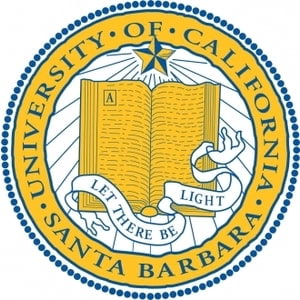
32. Duke University
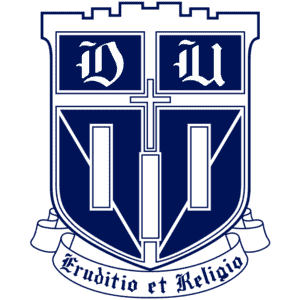
33. University of Pennsylvania
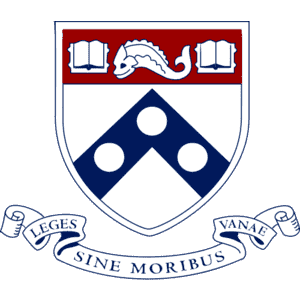
34. North Carolina State University at Raleigh
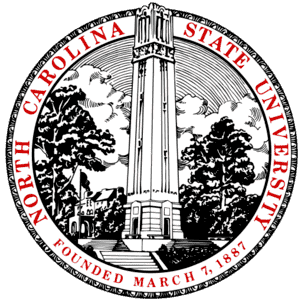
35. Northwestern University
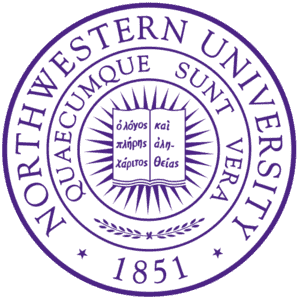
36. Yale University
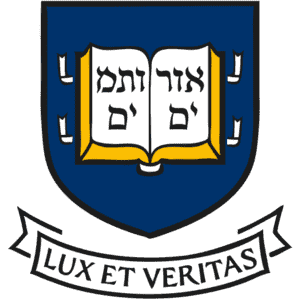
37. Iowa State University
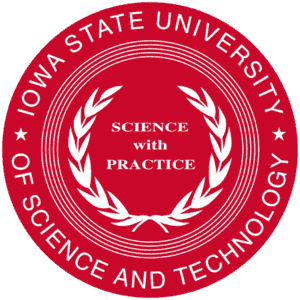
38. Boston University
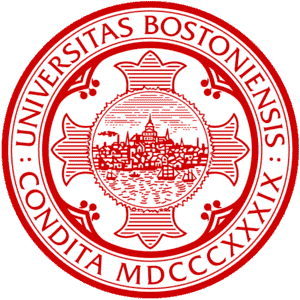
39. Michigan State University
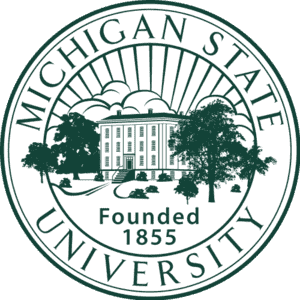
40. New York University
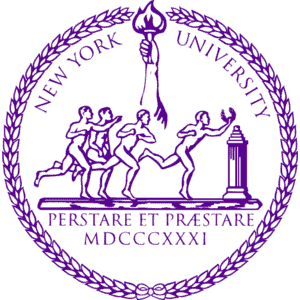
41. University of Virginia
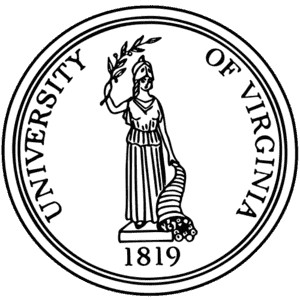
42. University of California - Irvine
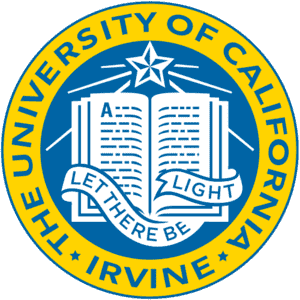
43. Rutgers University - New Brunswick
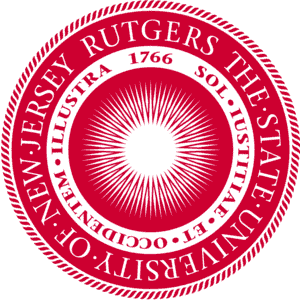
44. Arizona State University - Tempe
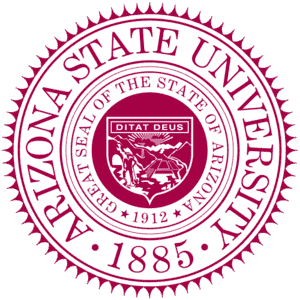
45. Washington State University
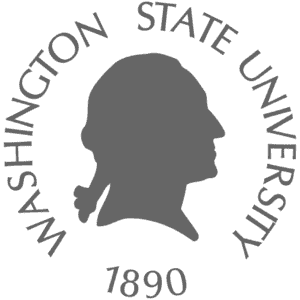
46. University of Pittsburgh
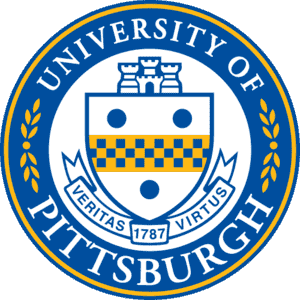
47. University of Iowa
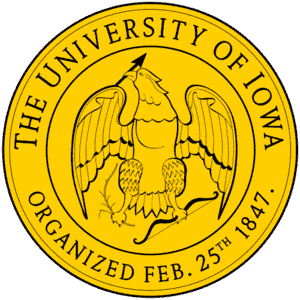
48. University of Chicago
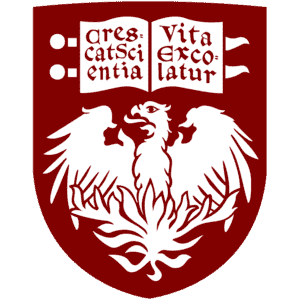
49. Brown University
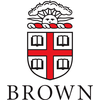
50. University of Utah
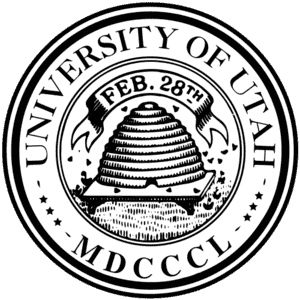
51. Providence College
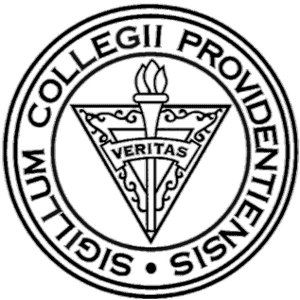
52. University of Cincinnati

53. Colorado State University - Fort Collins
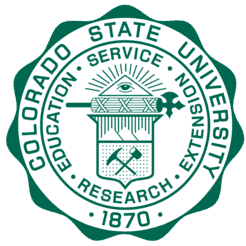
54. University of California - San Francisco
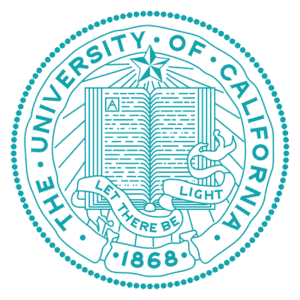
55. University of Miami
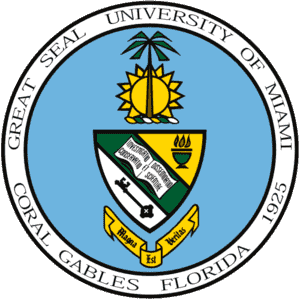
56. Rice University
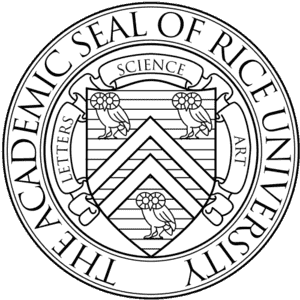
57. University of Tennessee - Knoxville
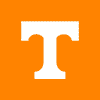
58. Tulane University of Louisiana
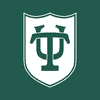
59. Washington University in St Louis
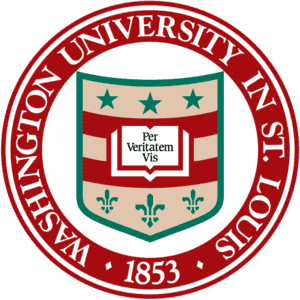
60. University of Illinois at Chicago

61. University of Oklahoma - Norman
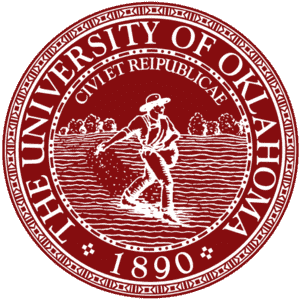
62. Florida State University
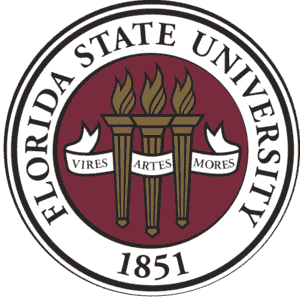
63. Rensselaer Polytechnic Institute
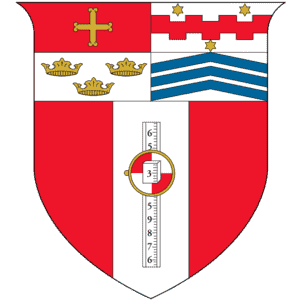
64. Case Western Reserve University
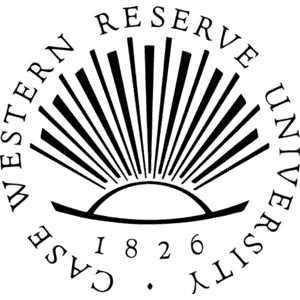
65. University of North Carolina at Chapel Hill
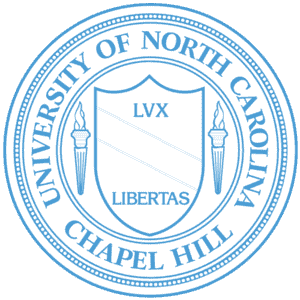
66. University of Notre Dame
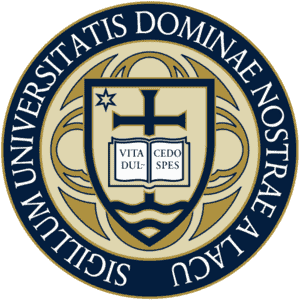
67. University of Delaware
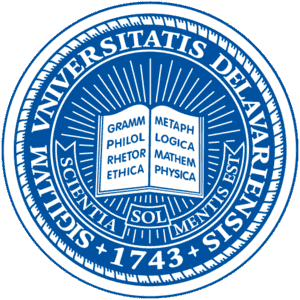
68. University at Buffalo
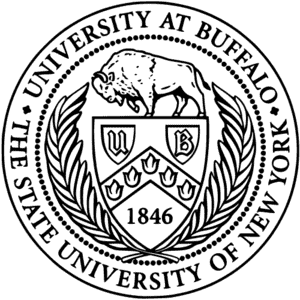
69. University of Connecticut
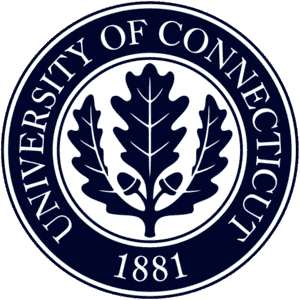
70. Mayo Clinic College of Medicine and Science
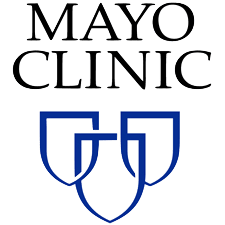
71. Stony Brook University
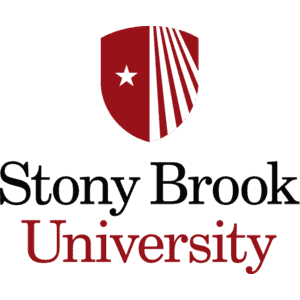
72. University of Houston
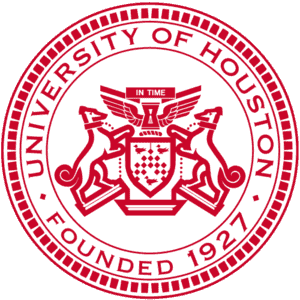
73. Oregon State University
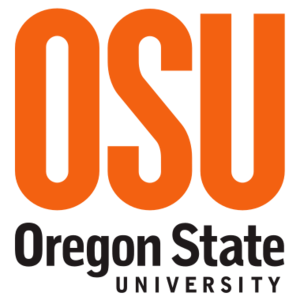
74. University of Massachusetts - Amherst
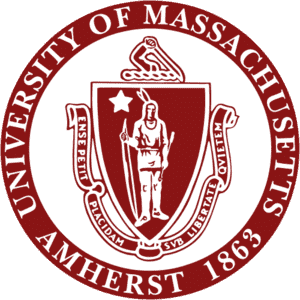
75. University of Rochester
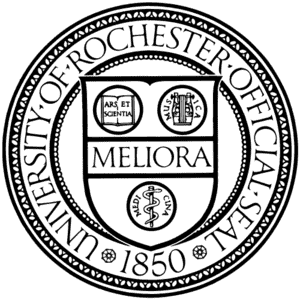
76. University of Central Florida
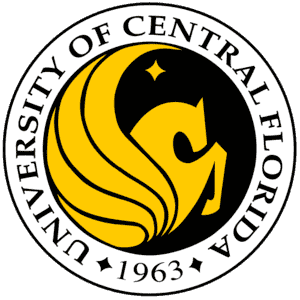
77. Emory University
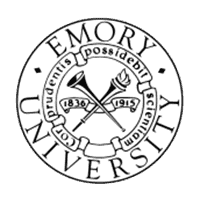
78. University of Kansas
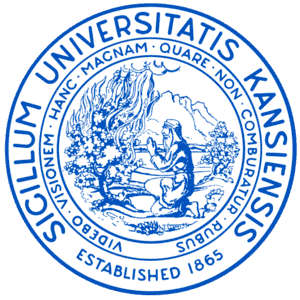
79. University of Kentucky
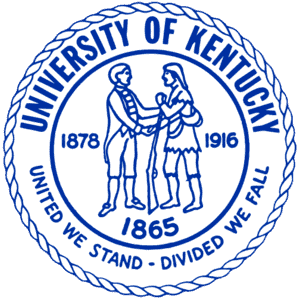
80. University of California - Riverside
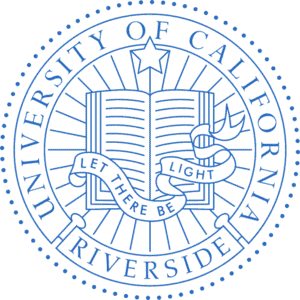
81. University of Missouri - Columbia
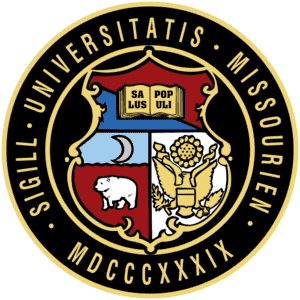
82. University of Alabama at Birmingham
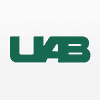
83. Louisiana State University and Agricultural & Mechanical College
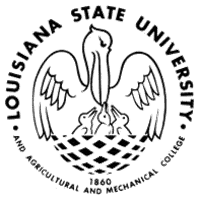
84. Naval Postgraduate School
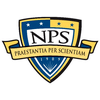
85. Brigham Young University - Provo
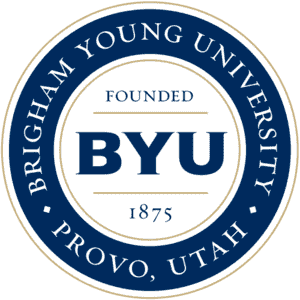
86. Clemson University
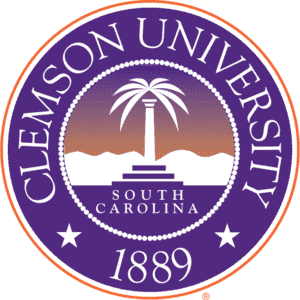
87. Missouri University of Science and Technology
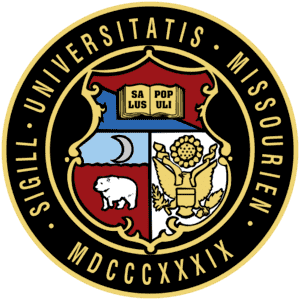
88. Northeastern University
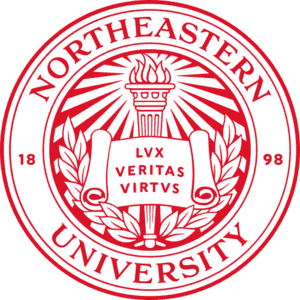
89. University of California - Santa Cruz
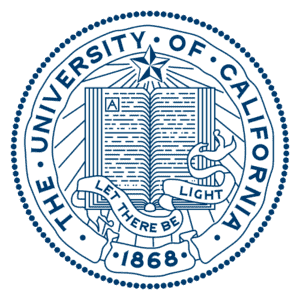
90. Wayne State University
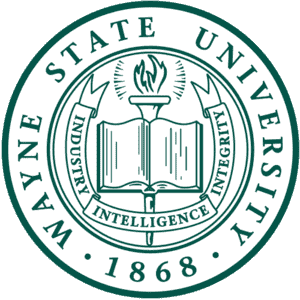
91. Vanderbilt University
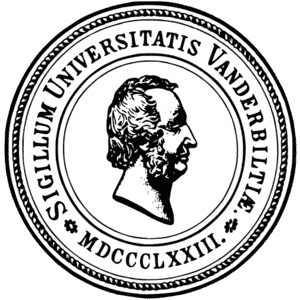
92. Texas Tech University
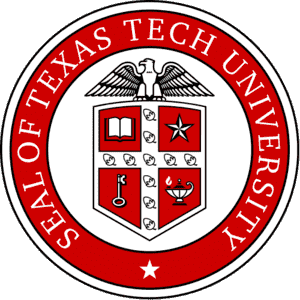
93. University of Nebraska - Lincoln
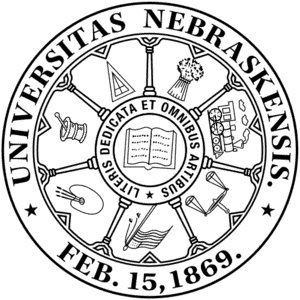
94. University of New Mexico
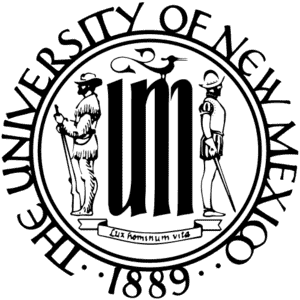
95. Old Dominion University
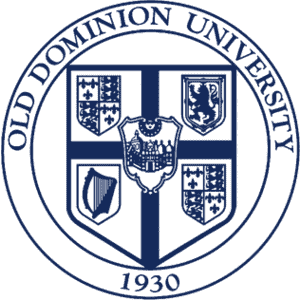
96. Indiana University - Purdue University - Indianapolis
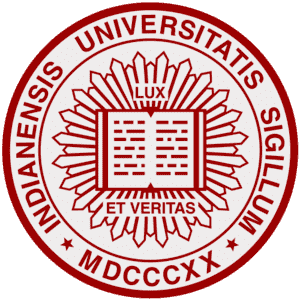
97. George Washington University
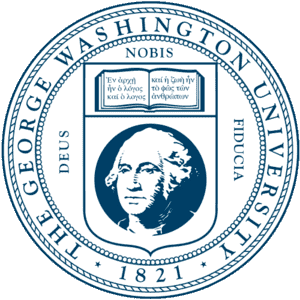
98. University of South Florida
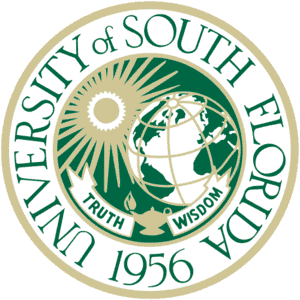
99. University of Alabama in Huntsville
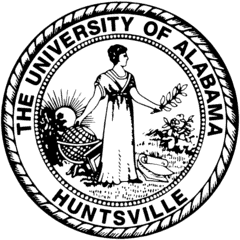
100. Auburn University
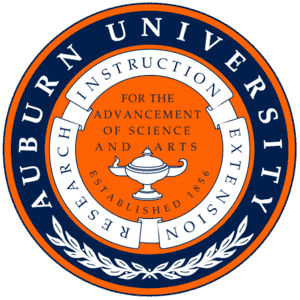
The best cities to study Aerospace Engineering in the United States based on the number of universities and their ranks are Cambridge , Stanford , Ann Arbor , and Berkeley .
Engineering subfields in the United States

Graduate Admissions
Fall 2024 mae graduate admissions.
Applications for MAE Graduate Admission will open:
MS - September 6th, 2023- January 3rd, 2024
Ph.D. - September 6th, 2023- December 6th, 2023
Admissions occur in the Fall Quarter only, and late applications cannot be accepted.
Please see our Frequently Asked Questions (FAQs) below for answers to most questions.
Students can apply directly to the Ph.D. program without an MS degree.
We receive a high volume of Admissions questions via email. We do our best to respond to questions that are not addressed by the FAQs.
Prospective applicants are not required to have completed their undergraduate programs to apply. Nevertheless, in cases where an applicant's grades or preparation may be considered marginal, the department reserves the right to defer action on the application until additional supporting records or proof of degree completion are made available.
- Please apply in the online graduate application . Please read and follow all instructions.
- Graduate Application and Admissions Information
Academic records from all post-secondary institutions attended since high school.
A Statement of Purpose . There is no MAE-specific prompt: please follow the guidelines set by UC San Diego Graduate Admissions.
- Three Letters of Recommendation from individuals who can attest to the academic or professional competence and depth of the applicant's interest in pursuing graduate study. Only online Letters of Recommendation will be accepted. To submit an online Letter of Recommendation , students must provide the email address of each Recommender in the application.
A Curriculum Vitae
- Preparing a CV
- How to Write a CV
- GRE - NOT REQUIRED for the 2024 Admissions Cycle
- Applicants for Fall 2024 Admission to MAE Graduate Programs (MS and Ph.D.) will not need to provide a GRE score with their application.
- MAE has waived the GRE test requirement for all applications to our graduate programs (Fall 2024 Admission). If students want to submit GRE scores as a part of their application, that is acceptable. Applications are evaluated as a total package. Each application is evaluated for excellence and best fit via recommendation letters, research experience and interest, tenacity and curiosity, leadership abilities, and prior academic achievements.
- MAE accepts self-reported (unofficial) GRE scores at the time of application and admissions review. If the applicant provides self-reported GRE scores, the official scores will be required once the applicant matriculates. Offers of admission are not binding until official test scores have been received and verified by the UC San Diego Graduate Admissions Office.
- Our graduate programs are GRE Optional, meaning that faculty admissions evaluators can see whether an applicant has submitted GRE scores and what the scores are when they are submitted. If the applicant has already taken the GREs and counts them as reflective of their abilities, they may submit the GRE scores. If GRE scores are not submitted, the application will not be viewed negatively.
- GRE scores remain valid for five (5) years.
- When ordering GRE score reports, please use UC San Diego's institution code of 4836. The department codes are not necessary. GRE score reports are typically received electronically within 5-7 business days from the order date.
- More information about the GRE may be obtained from the Educational Testing Service (ETS) website.
- Minimum Requirement: We do not have a minimum requirement. Ph.D. and MS applicants that are offered admission typically provide a quantitative GRE score within the 85-90 percentile and above.
We will accept unofficial transcripts at the time of application. The transcript MUST have the student name on it and the name of the institution, in English. If offered admission, students will be required to provide an official transcript at that time.
The MS and Ph.D. program have a minimum GPA requirement of 3.0 on a 4.0 scale. However, the typical GPA for admission is 3.5 or higher.
Demonstrated proficiency in the English language is required for all international applicants whose native language is not English.
- TOEFL internet-based test (iBT) - 85
- TOEFL paper-delivered test - 64
- IELTS Band - 7
- The university-wide minimum score for the TOEFL iBT Special Home Edition is the same as the in-person TOEFL iBT minimum. Information regarding the TOEFL iBT Special Home Edition can be found on the ETS Website .
- The university-wide minimum score for the IELTS Indicator is the same as the in-person IELTS minimum. Information regarding the IELTS Indicator can be found on the IELTS website .
- Those with the status "permanent resident" do not need to take the TOEFL.
- Test scores can be self-reported on the application website. If nominated for admission, the official scores must be sent to the UC San Diego Graduate Admissions Office , in order to receive the official admission offer.
- For more detailed information, please review the UC San Diego Graduate Admissions Office English Language Proficiency website.
- UC San Diego accepts both in-person and internet-based English Language Proficiency test scores.
- Please review the ETS website for information on TOEFL testing locations.
Go to the online graduate application . Please read and follow all instructions.
- Academic records from all post-secondary institutions attended since high school.
- A Statement of Purpose (there is no MAE-specific prompt: please follow the guidelines set by UC San Diego Graduate Admissions.)
- Although not required, Graduate Record Exam (GRE) test scores may still be submitted to UC San Diego using Institution Code 4836.
- A Curriculum Vitae
- International applicants only: Scores for the TOEFL or IELTS exam to demonstrate proficiency in the English language.
All materials must be submitted online. Do not send hard copies of any of your materials to the Department. Once admitted, the UC San Diego Graduate Admissions Office will list any documentation/information still needed in the Application Status page of GradApply.
OFFICIAL HARDCOPY DOCUMENTS ARE NOT NEEDED UNTIL YOU ARE ADMITTED INTO THE PROGRAM. We accept online test scores and transcripts until then.
Yes. You can log back into your application and self-report your scores if you know them before the official scores arrive. However, be aware that your file will not be reviewed until you have included these in the online application.
The Institution Code is 4836. The Department Code is no longer necessary.
The GRE is waived for the 2024 Admissions Cycle.
The University requires a minimum GPA of 3.0 or above (or equivalent). Most of our admitted students have a GPA in the range of 3.5 - 4.0. We rarely admit applicants with a GPA below 3.2.
The following are the University-issued minimum TOEFL scores (they vary upon the type of TOEFL test taken): The minimum acceptable score for TOEFL iBT is 85. The minimum acceptable score for TOEFL (paper-delivered test) is 64.
IELTS Band 7.
These tests are not affiliated with UC San Diego. Please visit the Education Testing Services website for complete, detailed information about each exam.
The TOEFL is required of all international and non-native English speaking students. Non-native English language speakers may be exempt from this requirement if they have earned or will be earning a bachelor's, master's, or doctoral degree from either:
A regionally accredited U.S. college or university where English is the sole language of instruction, or a foreign college or university which provides instruction solely in English. You may verify whether your institution meets this requirement by looking up your institution in the IAU World Higher Education Database (WHED) . If English is not the sole language of instruction listed, if no language is listed at all, or if the institution does not appear on the WHED website, you are required to submit English proficiency exam scores.
It is not a requirement to have an undergraduate engineering degree. Some of our students have degrees in math or physics. We do, however, require that you have a solid knowledge base in math and physics.
Yes, you may contact faculty directly to ask any specific engineering questions, or to inquire about research opportunities. Please be aware that faculty are very busy and may take quite some time to return your emails and phone calls.
Please reference our faculty list at: https://mae.ucsd.edu/faculty-profiles
Log into your application at https://gradapply.ucsd.edu .
Your "Application Status" page will show updates as soon as they are posted. If you are missing any part of your application, you will be contacted. If you think your submission didn’t go through or you are having technical issues, please email [email protected] (remember to include specific information in the subject line ex: FA24 PhD Admissions Help.)
What is the timeline to hear a result?
The review of applications will begin in January. Financial award packages will go out to the top Ph.D. candidates in late January or early February. We will continue to make admission offers until the end of April or, in some cases, May. MS students will typically be admitted between March and June.
Ph.D. students are typically funded through fellowships, Teaching Assistant positions, or Graduate Student Researcher positions (or a combination of these). The typical monthly salary for a Ph.D. student is approximately $3,300.00 per month plus payment of tuition and fees. MS students are not funded by the Department. Most MS students seek employment on campus as a TA or reader. However, these positions are extremely limited and very competitive.
All of our information is on our website . You can also find helpful information on the Jacobs School of Engineering website. We no longer print materials.
Due to the high volume of inquiries into our graduate program, we are not able to respond to each email or assess your individual qualifications for our programs. All pertinent information is on the website at mae.ucsd.edu . We encourage everyone to apply. Admission decisions are based on the overall file and not on one individual score or grade point average.
Mailing Address:
Department of Mechanical and Aerospace Engineering
Graduate Admissions, 0411 UC San Diego
9500 Gilman Drive La Jolla, CA 92093-0411
Email: [email protected]
There are no set guidelines from the UC San Diego Graduate Division or the MAE Department on who can write a letter of recommendation. You need at least three Letters of Recommendation for a complete application. MAE advises that an applicant's letters of recommendation are provided by individuals who can attest to the academic or professional competence and depth of the applicant's interest in pursuing graduate study.
If you are applying to an MAE Graduate program and were previously registered as a graduate student at UC San Diego, then you may start a new application. Please complete the application but do not submit it. Please contact [email protected] to notify the team of your application.
UC San Diego will not admit a student into the MS or Ph.D. program if the student already possesses an MS or Ph.D. in the same or a related field (engineering, physics, math, for example).
Please review the Duplication of Degree policy for more information.
Housing is not guaranteed for graduate students. Please review the UC San Diego Graduate Housing Office or off-campus housing options.
Official admission to graduate study at the university is contingent upon review of an applicant's record, receipt of a final undergraduate transcript showing degree(s) awarded, an affirmative recommendation by the Department, and action by the UC San Diego Division of Graduate Education and Postdoctoral Affairs (GEPA). The dean of GEPA or the Department may deny admission if an applicant's scholastic record is undistinguished, if the preparation is judged inadequate as a foundation for advanced work, or in the event that no further students can be accommodated for a given quarter. Only the official Certificate of Admission from the dean of GEPA constitutes formal approval of admission to a graduate program at UC San Diego.
Official notification of admission by the dean of GEPA will be emailed well in advance of the beginning of the quarter for which the application has been submitted.
Admission to graduate standing does not constitute registration for classes. A student is not officially registered for classes until the entire registration procedure is completed each quarter. Please contact the Department for details.
- Tuition and Fees
- Budget and Costs for Graduate Students
Questions? Please contact [email protected] and specify MS or Ph.D. in your email.
Popular Searches
- Transcripts
- Career Services
- Human Resources
Our Campuses
- Daytona Beach, FL
- Prescott, AZ
- Embry-Riddle Online
Degrees & Programs
- Certificate Programs
- Associate's Degrees
- Bachelor's Degrees
- Master's Degrees
- Doctoral Degrees

Ph.D. in Aerospace Engineering
Candidates in this program do classwork and research in aerospace structures, propulsion and aerodynamic systems, and have access to state-of-the-art labs and facilities.
Aerospace Engineering deals with the scientific principles that govern the design of airplanes, spacecraft, and jet engines. The Ph.D. in Aerospace Engineering degree program allows highly motivated students with a strong science and engineering background to conduct research and coursework in the areas of aerospace structures, propulsion, and aerodynamic systems, while earning their doctoral degree.
Admission to the program is reserved for candidates at the bachelor and masters levels, with high academic achievement and a desire to advance their career through scientific inquiry and knowledge discovery in areas related to aerospace engineering.
Program coursework focuses on cutting-edge research and development. Students have access to state-of-the-art labs designed specifically for instruction and research in aerodynamics, propulsion, dynamics, control, structures, and materials.
About Aerospace Engineering at the Daytona Beach, FL Campus
The Ph.D. in Aerospace Engineering program at ERAU’s Daytona Beach Campus targets domestic and international students, as well as working professionals with bachelor’s or master's degrees in aerospace engineering (or closely related engineering disciplines), who have exemplary track records of academic achievement in their course work, and demonstrated keen interest and ability for engaging in research and independent inquiry.
Housed in the Aerospace Engineering Department of the College of Engineering , the program features three areas of concentration: Aerodynamics and Propulsion, Structures and Materials, and Dynamics and Control.
Candidates for this degree program can expect areas of research to include:
- Computational Fluid Dynamics (CFD)
- Aeroacoustics
- Air-breathing propulsion
- Rocket propulsion
- Experimental thermo-fluid sciences
- Simulation of aerodynamics and propulsion systems
- Health monitoring of aerospace structures
- Smart materials and structures
- Adaptive structures
- Composite materials
- Functionally graded materials
- Dynamics and control of manned and unmanned aircraft
- Parameter identification of aircraft
- Space mission design
- Design and control of spacecraft
- Orbital debris remediation
- Spacecraft rendezvous and proximity operations
- Control of chaotic systems
Being adjacent to Daytona Beach International Airport and the NextGen Test Bed , and just 50 miles north of Kennedy Space Center, ERAU’s Daytona Beach Campus puts students in the middle of the aerospace industry.
Learn More about the Daytona Beach, FL Campus
View the Daytona Beach Catalog Listing
Financial aid is available in the form of teaching and research assistantships. Please contact the program coordinator for more information.
Transfer credit: Up to 2 relevant courses can be transferred from another institution upon approval of the program coordinator.
Ph.D. Program
Learn more about the Ph.D. in Aerospace Engineering at the Daytona Beach College of Engineering website.
The Ph.D. in Aerospace Engineering is conferred in recognition of creative work and the ability to investigate scientific and engineering problems independently, as well as completion of the coursework necessary to build a solid foundation for research. In addition to its academic rigor, the degree emphasizes discovery of new knowledge and performance of research of importance to industry and to the aerospace engineering community. Admission to the program is reserved for candidates at the bachelors and masters levels, with high academic achievement and a desire to advance their career through scientific inquiry and knowledge discovery in areas related to aerospace engineering.
The objective of the Ph.D. in Aerospace Engineering is to provide an opportunity for highly motivated students with a strong science and engineering background to participate in a program of research and course work in the areas of Aerodynamics & Propulsion, Dynamics & Control, and Structures & Materials while earning their doctoral degree.
The degree is conferred primarily in recognition of original research and completion of a dissertation resulting in journal publications. In addition, a minimum number of advanced courses that help students build a solid foundation for Ph.D. level research is required.
Although the program is designed for delivery through traditional residential format, provisions are in place to allow highly qualified working individuals in industry or government to participate, when appropriate arrangements can be made.
Areas of Concentration
There are three areas of concentration in the Ph.D. in Aerospace Engineering:
Aerodynamics & Propulsion focuses on aerodynamics, viscous flows, hypersonic flows, and jet engine and rocket aero-thermodynamics. Courses are offered in these subjects, as well as in specialized topics such as combustion, heat transfer, aeroacoustics, and rotorcraft aerodynamics. Computational Fluid Dynamics (CFD) is offered at an introductory level. Advanced level topics include CFD as well as turbine engine systems. Research topics within the Aero-Propulsion group include: Aeroacoustic modeling and noise mitigation; micro air vehicles and synthetic jets for mitigating icing and flow separation; heat transfer in turbine blades; rocket propulsion simulation; Unmanned Aerial Vehicles; hypersonic vehicles and hypersonic combustion; pulsed detonation engines; extending stall margins in fans and compressors; rotorcraft aerodynamics; turbulent boundary layer/shear layers and their control; two-phase boundary layers; fluid structure interaction; numerical simulation of plasma for flow control and plasma assisted combustion; and LES of compressible turbulence and high speed combustion.
• Dynamics & Control focuses on the modeling of complex dynamical systems and the design, implementation and testing of guidance, navigation and active feedback control of these systems to meet rigorous requirements and high levels of performance. Particular research topics include autonomous unpiloted air and ground vehicles; evolving aerospace structures and formations; control of flexible aerospace structures; networked systems; aircraft guidance control and handling qualities; spacecraft guidance, navigation and control, with emphasis on rendezvous and proximity operations; aviation safety; artificial intelligence; wind energy systems; and control of quantum information systems.
• Structures & Materials focuses on the study of aeroelasticity, vibration, fracture mechanics, thermoelasticity, composite materials, nanomaterials, smart materials, structural health monitoring, reliability analysis, computational structural mechanics, and design optimization. Particular research topics include aircraft structural design; aeroelastic tailoring; design for additive manufacturing; optimization of composite structures; smart actuators and systems; guided-wave structural health monitoring; static and impact performance of lightweight materials; use of carbon nanotubes and graphene for strengthening and repair of composites; and molecular dynamic simulation.
The Ph.D. in Aerospace Engineering program targets domestic and international students, as well as working professionals with a Masters degree in aerospace engineering (or closely related engineering disciplines), who have exemplary track records of academic achievement in their course work, and demonstrated keen interest and ability for engaging in research and independent inquiry.
Degree Requirements
The Ph.D. in Aerospace Engineering will be conferred primarily in recognition of creative accomplishment and the ability to investigate scientific or engineering problems independently. The doctoral program also requires completion of advanced coursework that helps students build a solid foundation for Ph.D.-level research.
A student in the Ph.D. program is expected to
- complete an approved plan of study during the first semester as a Ph.D. student
- pass the qualifying examinations to achieve advancement to candidacy
- pass the preliminary examination (present a dissertation proposal acceptable to the dissertation committee)
- complete a program of significant original research
- prepare and defend a dissertation concerning the research work
- complete the credit hours requirement listed below
Candidates will have an Aerospace Engineering faculty member assigned as their research advisor and chair of their dissertation committee. The candidate and advisor will work collaboratively to define the research topic, to determine the courses of study and to select appropriate members of the dissertation committee. Working under the auspices and direction of the advisor, the candidate will be responsible for developing a research plan and the dissertation proposal.
While the typical time for completing the Ph.D. in Aerospace Engineering will be three (3) years for students with a Master's degree, it will be the policy of the College of Engineering that the total duration of the doctoral study should not exceed five (5) years beyond the Master's degree. Exceptions will be allowed when justified.
Credit Hours Requirement
For students with a Master's degree, the curriculum requires a minimum of 42 credit hours, including a minimum of 18 credit hours of coursework (including one advanced math course) and a minimum of 24 credit hours of dissertation research.
For students with a BS degree, the student needs to complete the requirements for a Master's degree first in addition to the 42 credit hours mentioned above.
At least six hours of coursework must be at 600 level. At most six hours of non-AE courses in EP, other Engineering, or MA, with Advisor and Program Coordinator approval.

Qualifying Examinations
A Ph.D. student must take the qualifying examination in both mathematics and their area of concentration (i.e. Aerodynamics & Propulsion, Structures & Materials or Dynamics & Control).
The qualifying examinations are given once a year in early May. A student must pass the qualifying examination prior to presenting a dissertation proposal.
- See Ph.D. AE Qualifying Examination Procedure for details.
Preliminary Examinations
The purpose of the preliminary examination is to evaluate students’ readiness for conducting their proposed research, assess their ability to use their knowledge to carry out independent and creative research and confirm their potential for successful completion of the Ph.D. dissertation. A Ph.D. student must take the preliminary examination within one year after completing the qualifying examinations.
The preliminary examination consists of a written research proposal and an oral presentation, which is made to the examining committee. The preliminary examination is to evaluate student’s readiness for completing the proposed research.
Dissertation Defense
The dissertation defense is the candidate’s presentation of the work accomplished since the passing of the preliminary examination, and has been deemed sufficient and complete by the candidate’s advisor. The defense is administered by the student’s dissertation committee, in accordance with Department of Aerospace Engineering, College of Engineering and University guidelines. The purpose of the examination is to evaluate the student's research efforts and written dissertation, to determine if the candidate is qualified to receive a Ph.D. in Aerospace Engineering. The major areas of emphasis of this examination are the quality and originality of the candidate’s research, and his/her knowledge and understanding of the general areas of study related thereto.
Advisor and Dissertation Committee
Students must have an advisor from the faculty of the Aerospace Engineering department when he/she is admitted to the doctoral program in aerospace engineering.
A student must work with his/her major advisor to form a plan of study, a proposed calendar of events and a dissertation committee. The dissertation committee is composed of four faculty members of Embry-Riddle Aeronautical University’s Daytona Beach Campus, including at least three faculty members from the Aerospace Engineering Department. The fourth member should be a faculty from outside the Aerospace Engineering Department, i.e. faculty in another Engineering Department, or Physics, Mathematics. etc. In the event that a student is involved in collaborative research with an outside institution and/or company, one or more qualified members from these entities may serve on the dissertation committee, in addition to the four faculty members from the Daytona Beach Campus. The student’s advisor serves as the chair of the dissertation committee. The dissertation committee must be formed within two semesters of the student’s admission to the Ph.D. program.
Annual Progress Review
The dissertation committee will review the progress of the Ph.D. student/candidate once a year. The purpose of the review is to ensure that students continue to make satisfactory progress toward their degree objective. All major recommendations from this annual review will be forwarded to the student, with an assessment of achievements and of areas where improvements are expected.
Get Started Now:
Estimate your tuition by using the Tuition Calculator
View Financial Aid Information
Learn about our General Education
Student Achievement Data
Find out about transferring credits to this degree
Learn more about our Veterans & Military benefits
View our Academic Calendar
We are Engineering the Future
We are embry-riddle aeronautical university.
Engineer, Reservist, Eagle: Multifaceted Student Lands Dream Internship

Embry-Riddle Business Students Teach - and Learn - in Elementary School Classrooms
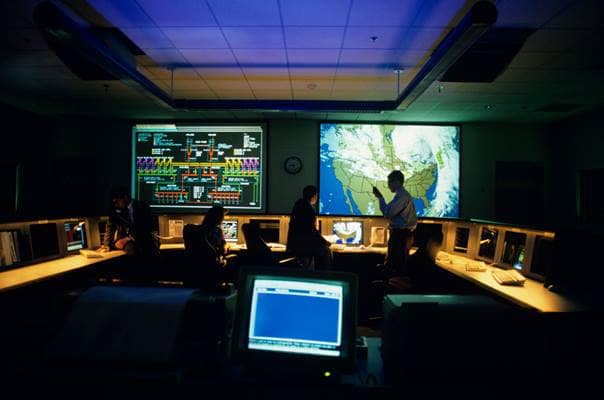
Meteorological Eagles Earn Coveted Industry Internships
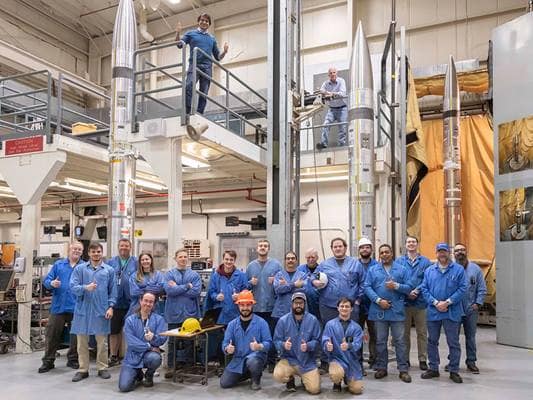
Embry-Riddle Researchers to Launch Rockets Into Solar Eclipse as Part of NASA Mission
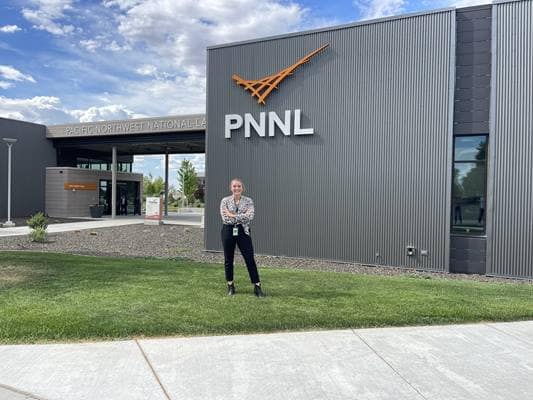
Eagle Uses Numbers to Help Solve National Security Challenges
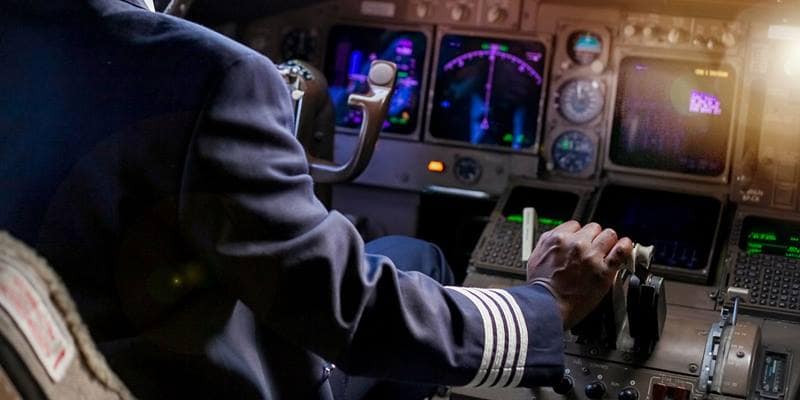
New Embry-Riddle Study Explores Gender and Ethnic Biases in Aviation
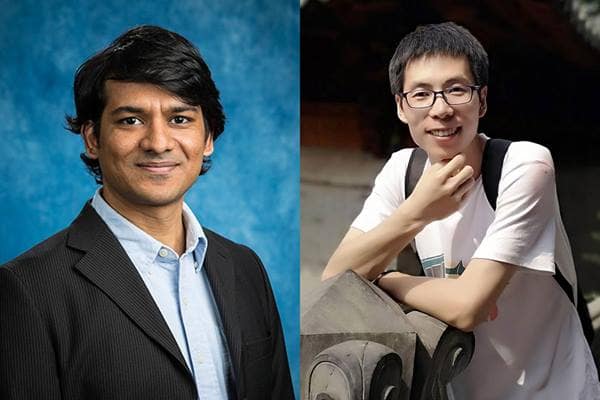
Four New Research Grants to Help Solve Key Mysteries of Space
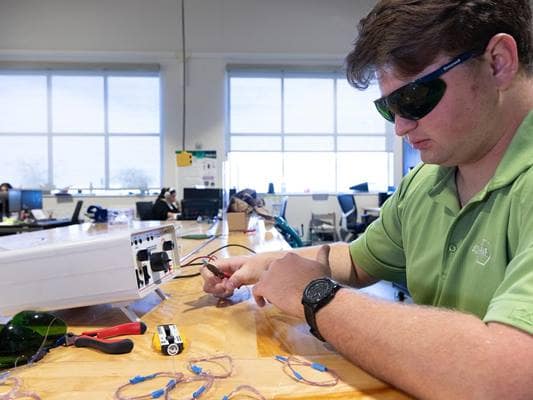
Energy-Saving Innovation Lands Students Internships With U.S. Department of Energy
Six eagles earn scholarships from the u.s. department of defense.
Six Embry-Riddle students received Department of Defense-sponsored Science, Mathematics, and Research for Transformation (SMART) scholarships this year.
RELATED DEGREES
You may be interested in the following degrees:
Master of Science in Engineering Physics
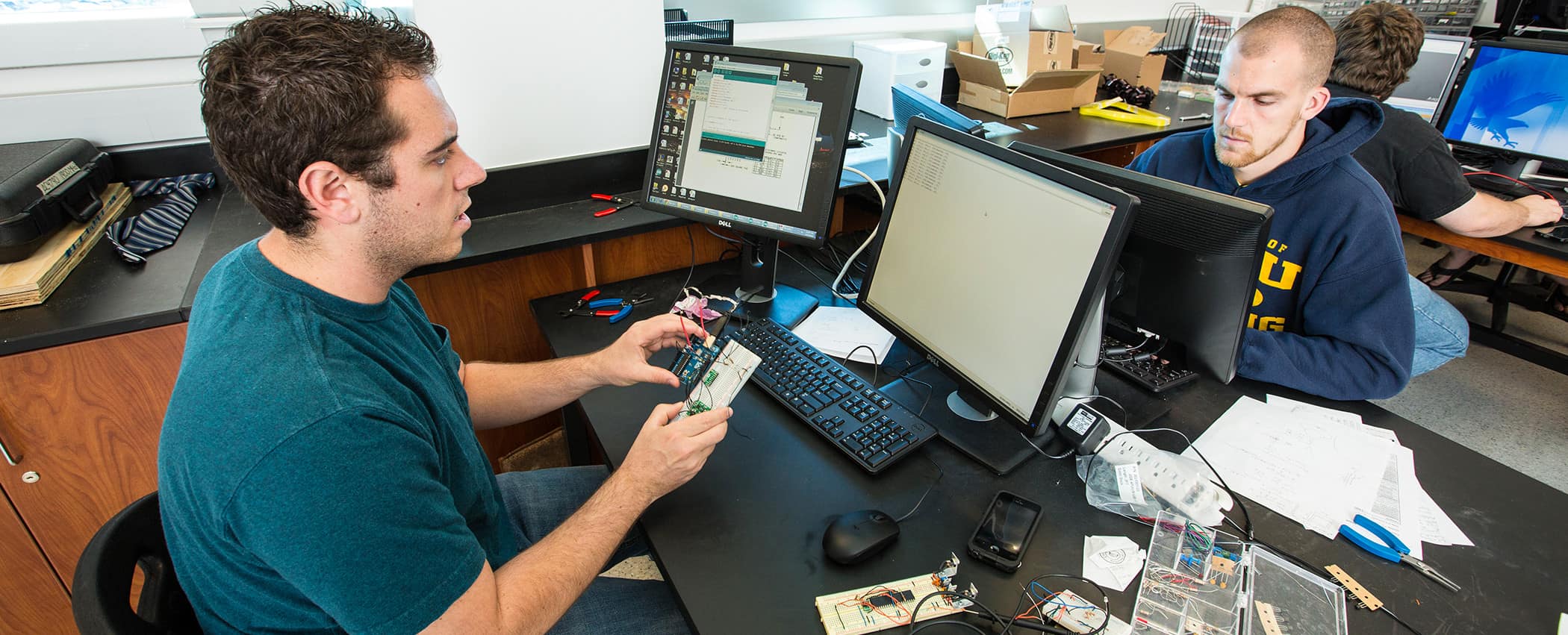
Master of Science in Mechanical Engineering
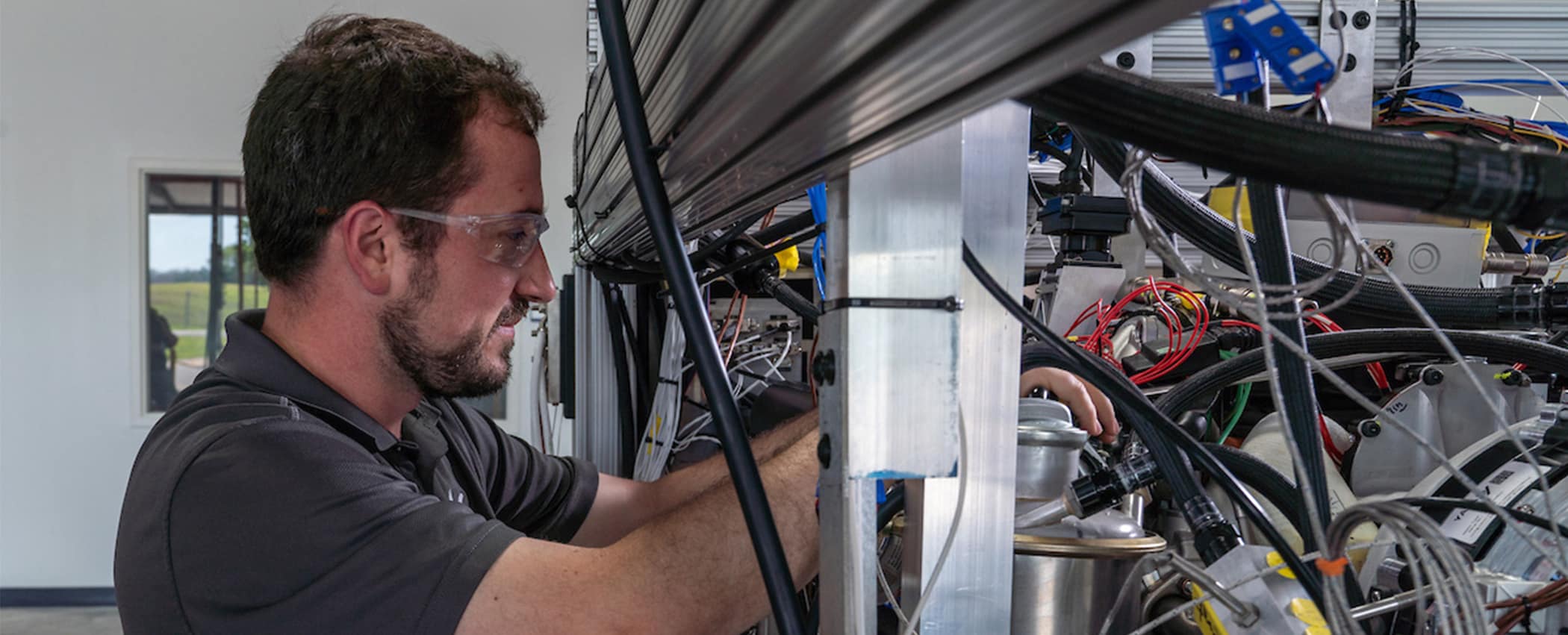
Master of Science in Unmanned & Auto. Systems Eng.
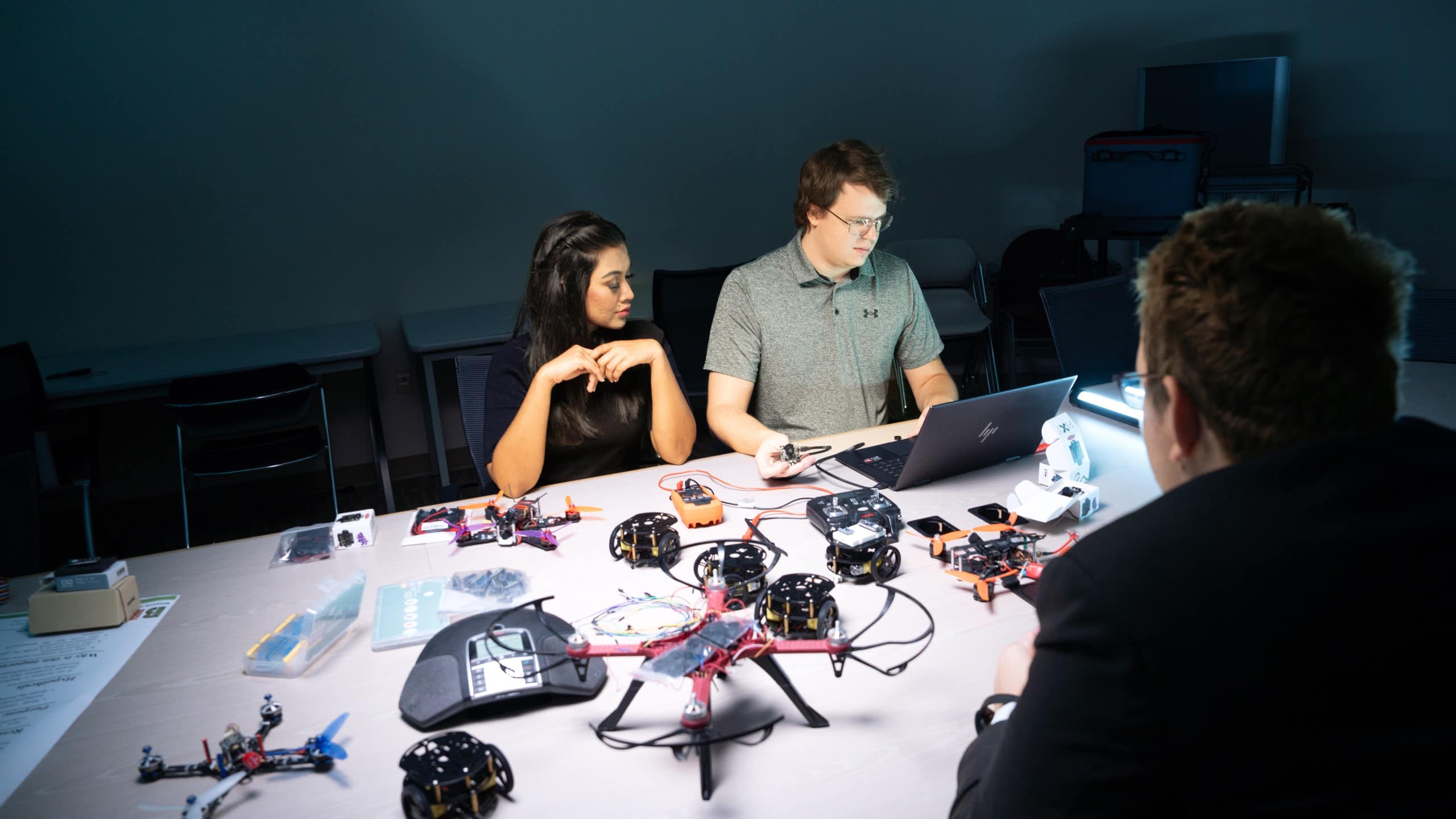
Daniel Guggenheim School of Aerospace Engineering
College of engineering, prospective ph.d..
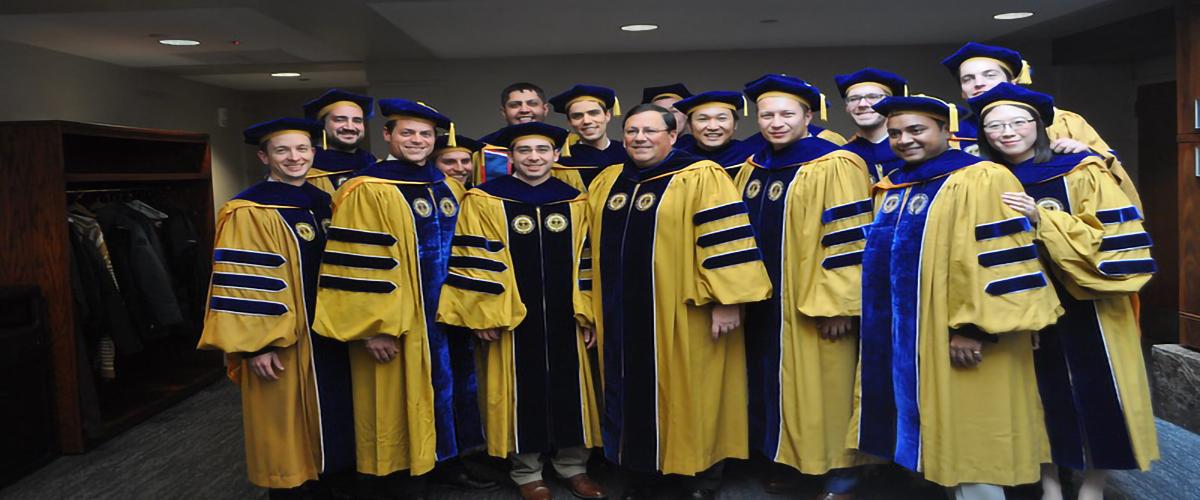
The AE doctoral degree is the most rigorous program offered by the School. In addition to completing 42 credit-hours of coursework beyond the bachelor's degree, you will be expected to develop and execute a unique research program that will enable you to produce a doctoral dissertation. You will work closely with some of the brightest minds in the field. In return, you will be expected to pass a demanding qualifying exam during your second year in residence, present a well-designed thesis proposal, and successfully defend your research findings. A GPA of 3.25 is required to graduate with a PhD degree.
Graduates of the AE doctoral program have joined the teaching and research faculty of myriad institutions of higher education across the globe. They also conduct high-level research for industry, government, and military operations, often based on the track record they amassed as a doctoral student at AE.
The AE School considers your academic background as well as your professional pursuits and interests outside the classroom. We look for students who enjoy being challenged and who are committed to furthering the Institute’s mission of “improving the human condition.”
The National Institute of Aerospace (NIA) has identified the Daniel Guggenheim School of Aerospace Engineering as the #1 producer of aerospace master's and doctoral graduates in the country. For more than a dozen years, US News & World Report has ranked our graduate programs in the top 5 nationally. We are proud of these statistics, but we are not defined by them.
For more information on demographics, admissions, and time-to-degree for doctoral students in our program, go to Doctoral Student Statistics . Enter the search criteria for Aerospace Engineering.
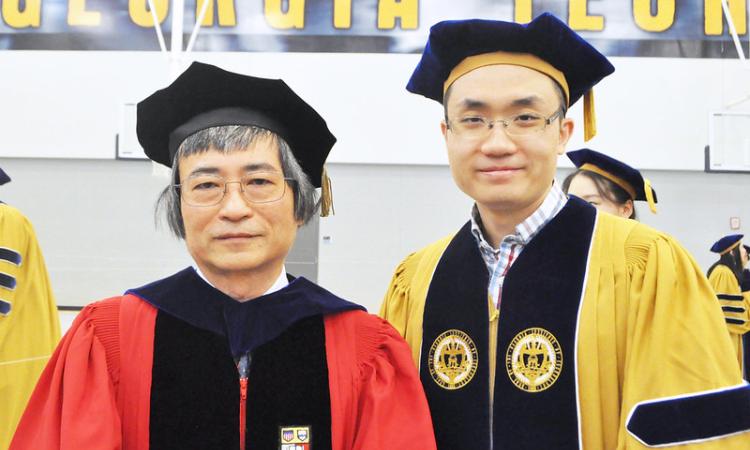
Application Information
Learn about the requirements and how you can apply to the AE School.
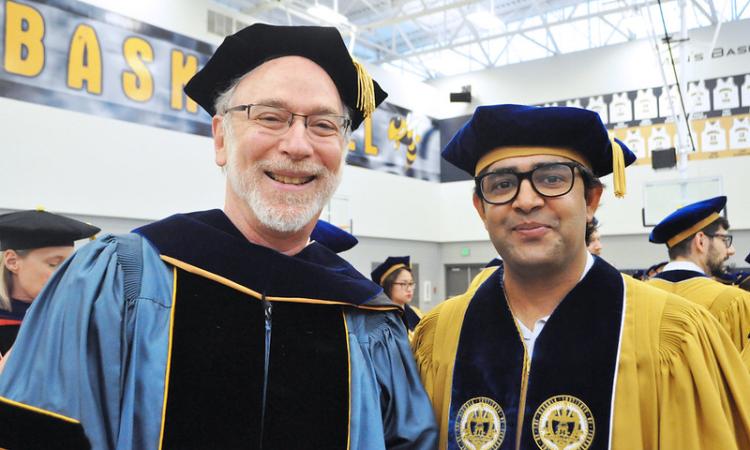
Doctoral Curriculum
The program considers applications from both undergraduate and masters candidates.
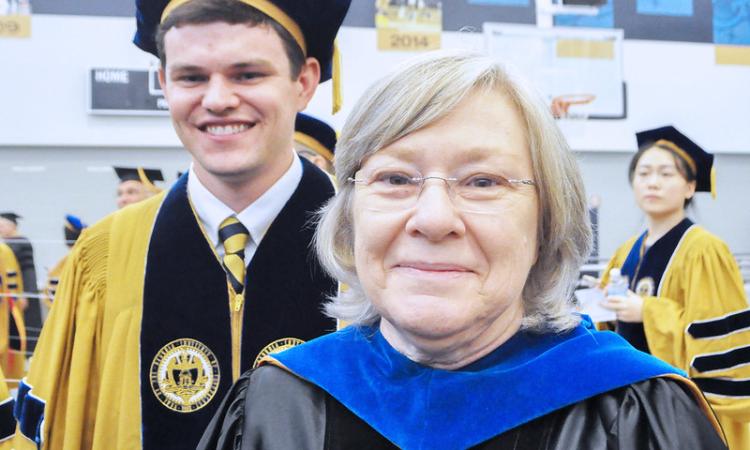
Graduate Research and Teaching Opportunities
Many AE graduate students receive financial support for their graduate studies through graduate research assistantships (GRA) or graduate teaching assistantships (GTA).
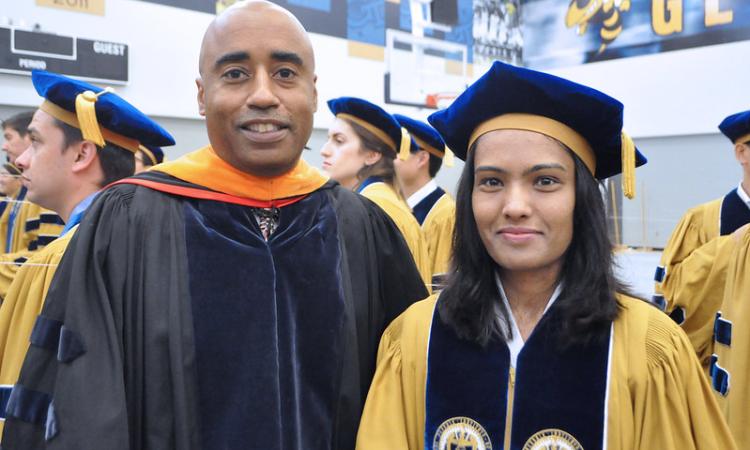
AE Doctoral Research
At the Daniel Guggenheim School of Aerospace Engineering all graduate students - and a growing number of undergrads - are involved in research.

GT Graduate Education
Whether you are a prospective graduate student inquiring about Georgia Tech's degree programs, a current graduate student looking for professional development information, or one of thousands of worldwide alumni looking for ways to stay engaged with the Yellow Jacket community, we are here to support you.

International Students
If you are coming to our campus from another country, we welcome you. You will not be alone
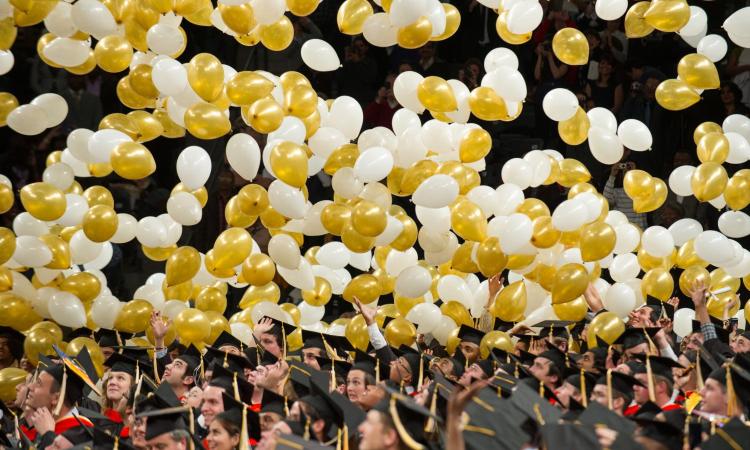
What's Next?
Learn about what AE's recent graduates plan to do after they graduate and how Georgia Tech prepared them for their next adventure.
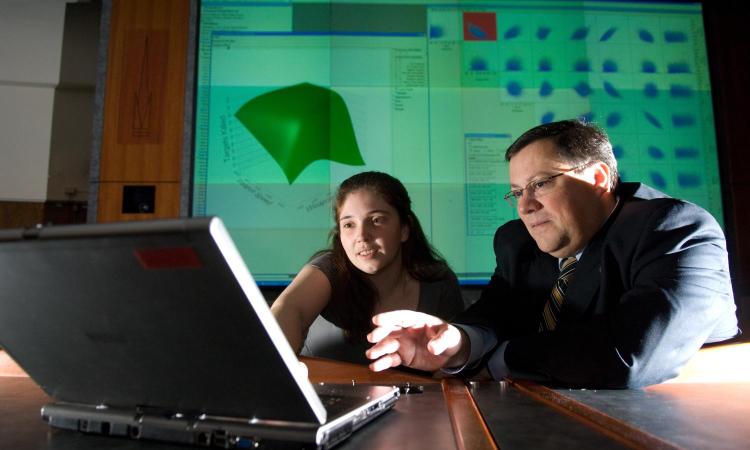
Hardware (Laptop) Requirements
Hardware needs to meet at least the minimum standards.
Our Community
- Alumni Impact Stories
- Community Recognition
- Faculty Awards & Honors
- Researchers & Postdocs Association (RPA^3)
- Student Groups
- DEI Dashboard (Internal)
- Environment, Health, and Safety
- Wright Brothers Wind Tunnel
- Professors Emeriti
- Autonomous Systems & Decision-Making
- Computational Science & Engineering
- Earth & Space Sciences
- Human-System Collaboration
- Systems Design & Engineering
- Transportation & Exploration
- Vehicle Design & Engineering
Undergraduate Program
- Undergraduate Degrees & Requirements
- Apply (via MIT Admissions)
- Objectives & Outcomes
- Research Opportunities
- Work, Internships, & Extracurricular Activities
Graduate Program
- Graduate Degrees & Requirements
- Graduate Fields
For Prospective Students
- For Current Students
- View Thesis Archive (via DSpace)
- Certificate in Aerospace Innovation
Academics & Resources
- Academic Calendar (via MIT Registrar)
- AeroAstro Communication Lab
- Resources & Support
- Special Course Listings
- Subject Listing (via MIT Course Catalog Bulletin)
- Subject Evaluation (via MIT Registrar)
- News & Impact
- Public Events
- Department Events (Log-in Required)
- Department Resources
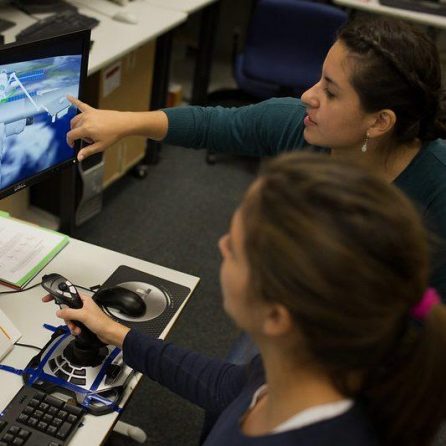
The Fall 2024 admissions cycle is currently closed. The application will reopen in September 2024 for Fall 2025. The graduate application completion deadline of December 1st at 11:59 PM (Eastern Time, US) for admission the following fall semester (we do not offer spring admission). We offer on line applications only , do not email the department with attachments for us to review. If you have questions regarding AeroAstro graduate admissions that are not answered below, or the Covid-19 and GRE statements below, please email [email protected] .
As of June 1, 2020, AeroAstro no longer requires or accepts the GRE as part of the admissions process for our SM and PhD programs. If you are applying to the LGO Program , please refer to their application process.
Statement on Graduate Admissions with regard to Covid-19
Each year, we receive a large number of excellent applications from prospective students, and we strive to be as fair as possible when evaluating them for admission into our graduate program. We understand that the coronavirus (Covid-19) pandemic has caused many schools —including MIT — to implement some version of pass/no record or pass/fail academic grading at this time. Admission to our graduate program is done on a holistic basis, and in accordance with our values and mission. We want to assure you that we will take into account the circumstances surrounding the pandemic as we evaluate your candidacy in our graduate program — we will not hold this unprecedented situation against you when considering your application.
Graduate Program Information Sessions
During the open graduate application cycle, AeroAstro hosts graduate information sessions for prospective students to learn more about our faculty, research, program offerings, and our graduate school application process! The current 2024 cycle has closed. Information sessions will be next offered during the Fall 2024 term.
Admissions Criteria
All graduate applicants to MIT apply to their individual departments , rather than to the Institute as a whole. AeroAstro uses a department-specific online graduate application . For more information on graduate admissions in general, please visit the central MIT Graduate Admissions website . There’s no special formula or secret that guarantees an offer of admission from MIT AeroAstro. The selection process is competitive and follows a holistic approach. Below are some of the metrics used in evaluating graduate admission applications specifically within our department.
Prior Degrees
Students applying with a bachelor’s degree are eligible for admission to our Master’s program. Once accepted to our Master’s program, students can undergo in their second year the Field Evaluations. These evaluations serve as admission to our Ph.D. program. Having passed the Field Evaluations, the students can commence their doctoral studies once their Master’s is completed. Students who already hold a Master’s degree may apply for direct acceptance to our Ph.D. program but still must pass the Field Evaluation to become doctoral candidates. Your undergraduate and graduate degrees need not be in aeronautics or astronautics.
Preparation
Applicants are expected to have a strong background in mathematical and physical sciences and/or engineering. If you are changing fields, you should address your reasons and preparedness for doing so in your Statement of Objectives, a very important part of your graduate application. We ask that you upload your transcripts from each institution from which you have received or will receive a degree. We examine these documents for academic and research/project performance and general grade trends following a holistic approach.
LETTERS OF RECOMMENDATION
You are required to submit three letters of recommendation as part of your application. We recommend that all or at least two of these come from faculty members with whom you’ve worked closely, especially in a research capacity. Your research and/or project experience plays an important role in the overall assessment. If you’ve recently completed an internship or have been out of school and working for over one year, you may wish to include an industry recommendation. You may not submit more than three letters, and these letters must be submitted using our online application system.
English as a Foreign Language Testing Requirements
Applicants whose native language is not English are required to submit official TOEFL, IELTS, or Cambridge English Qualification scores with their application. Please note that AeroAstro will accept the TOEFL “at-home” IBT. Unofficial or self-reported scores are required for submission of the application however official scores must be received by MIT for your application to be evaluated. It is the applicant’s responsibility to ensure official score reports are sent to MIT Graduate Admissions. On the TOEFL, you must score a minimum of 100 on the internet-based exam. On the IELTS you must score a minimum of 7.0 total. On the Cambridge English Qualification, you must score a minimum of 185. Applicants who do not meet or exceed these minimums are not eligible for admission. To be eligible for Fall admission, this exam must be taken on or by November 15, so that your score report will reach us by the application completion deadline of December 1 . You can request a waiver in the application if you meet one of the following criteria: 1) Applicant’s main language of instruction was English in their primary and secondary schools (i.e., from age 6 through age 18). 2) Applicant has been residing in the U.S. (or country where English is an official language) for a minimum of three years and has earned a degree from an accredited institution where English is the main language of instruction. For further details about applying as an international student , please visit the Graduate Admissions website.
Objective Statements
The objective statements are broken up into three main sections: Research & Technical, Professional Experience & Objectives, and Personal Background. Please give your reasons for wishing to do graduate work in the field you have chosen. Prepare your statements and goals in whatever form clearly presents your views. Include as far as you can, your particular interests, be they experimental, theoretical, or issue-oriented. We are interested in your vision of how you want to contribute to the future of aerospace engineering and how your background and MIT’s programs support your perspectives. The statements could be much like a proposal for graduate studies, in the more specific context of your professional objectives. You should set forth the issues and problems you wish to address. Explain your long-term professional goals. The Admissions Committee will welcome any factors you wish to bring to its attention concerning your academic and work experience to date.
ADVISOR AVAILABILITY
Even if you have an outstanding record, vitae, recommendations, and the potential to excel in AeroAstro, we may not be able to offer you admission. We will not admit more students than our faculty can effectively advise. This number varies term-to-term, and specialty-to-specialty, depending on the composition of our applicant pool and our current graduate student population. Learn more about our principal investigators and their research interests.
Admissions Checklist
To apply to the AeroAstro graduate program all of the following items must be received no later than December 1, our application completion deadline.
- Online graduate application and admissions fee
- Required Objective Statements addressing your past research and academic experience, your areas of interest in our department and how they can help you realize your goals
- Transcripts for each school from which you received or will receive a degree, scanned and uploaded to our electronic application where asked – official transcripts preferred, but unofficial are acceptable. (Admitted students will be required to submit hard copies in the spring)
- Three recommendation letters, submitted via the online application
Additional Item for International students:
- TOEFL, IELTS, or Cambridge English Qualification official score report, sent directly from ETS or IELTS (unless all schooling since primary school has been completed in English – see Admissions Criteria policy above) *Please note that AeroAstro will accept the TOEFL “at-home” IBT and the IELTS Indicator Test.
Graduate Application Assistance Program (GAAP)
The AeroAstro Graduate Application Assistance Program (GAAP) aims to increase the representation of underrepresented students pursuing graduate study in engineering. Specifically, GAAP strives to increase the diversity of the applicant pool by providing support and mentorship to applicants from underrepresented backgrounds as they navigate the graduate school application process. GAAP mentors, who are current graduate students in AeroAstro, will work with assigned mentees to provide synchronous (e.g., going through an outline of the mentee’s Statement of Objectives) as well as asynchronous (e.g., reading mentee’s drafts off-line) feedback on their application materials. No matter what stage of the application process you’re in, if you think you could benefit from talking through your application with a current grad student at MIT, please submit an application! GAAP applications will be accepted on a rolling basis, and our aim is to accept as many eligible applicants as we have mentors for (we’ll assign mentors periodically throughout the fall term, so there’s still a chance of getting a match if you apply by the November deadline). Our application form is mainly to give us an idea of how we can best help your application, so don’t worry about polishing your responses. Please send any questions to the GAAP student executive team at [email protected] . The application form will open in September 2024.
Frequently Asked Questions
Q. when is my application due may i submit it late where can i access the application what other materials are due.
A. The graduate application deadline for September admission is December 1 a t 11:59 PM (Eastern Time, US). Late applications will not be accepted, nor will late application materials. You must complete your graduate admissions application online. Please note that once you create a login and password for your electronic application, it must be completed for that admissions cycle – it will not be accessible during subsequent cycles (e.g. If you start your application in September 2021, it would only be usable for the Fall 2022 application cycle, not the Fall 2023 cycle). All supplemental materials, such as transcripts, test scores, and recommendations must also be received by December 1 at 11:59 PM (Eastern Time, US) – application materials will not be accepted beyond that date, and our committee is not obligated to review incomplete or late applications. To find out exactly what is needed to apply, please review our Graduate Admissions Checklist above. Please be sure that your recommenders are aware of this hard deadline. If you cannot get your materials in by this date, you are not eligible for admission review. We do not make exceptions to this deadline.
Q. What advice would you give prospective applicants?
A. There are several pieces of advice that we give prospective applicants to our graduate program. 1. Be organized. The admissions cycle starts again fresh every year and things may have changed since you last looked into the application requirements and admission checklist. This also includes knowing when the deadline is and communicating that deadline to your recommenders as this is often the last thing to come in with your application. 2. Do not wait until the last minute to ask questions or start your application. Our application is open for three months. This gives you time to collect the information you need and get started on your application. It is best to make sure your application is where you want it well before the deadline so you do not run into any issues upon submission. 3. Read instructions carefully. There is no reason to rush through your application. We provide resources and clear instructions at every stage, is it important that you read these and follow them carefully to avoid irreversible mistakes in your application.
Q. The status of my English Language Exam says “waived” or “awaiting” but I sent my score report to MIT. Did you receive it?
A. The graduate programs at MIT receive tens of thousands of applications each cycle. In Aero Astro, if an English Language Proficiency exam is required of you in the application, please self-report your most up to date score. When you start your application, it is best to send the official score report as soon as you are able following the completion of your exam. Please follow the instructions laid out for you on the Office of Graduate Education’s website. If you already sent your score and it is still not marked as “verified” in your application, that means we have not yet processed it and matched the score to your application. Due to the high volume of applications MIT receives, this does take time and we implore patience in this process. We will move forward with your application review if it is otherwise complete but will not release a decision if this item remains outstanding.
Q. I made an error in my application, what do I do?
A. Mistakes happen. The best thing to do is not to panic. Most, if not everything, is editable in your application prior to submission. When in doubt, you can email [email protected] and we will help troubleshoot any issues you may have encountered with the application system. DO NOT start a brand new application within your existing account or a new account, this may cause you issues when it is time to submit that we want to avoid.
Q. May I apply using the paper application, and send paper materials?
No. There is no paper version of our application available. Our system for reviewing applications is completely online, so we must receive all application materials electronically using our electronic application and recommendation service. Emailed materials will also not be accepted nor considered.
Q. May I apply for a fee waiver?
A. Yes. Please visit MIT’s graduate fee waiver application site for more information. They are granted on a case-by-case basis. Please submit this well in advance of the application deadline as it can take 5 days or more for Graduate Admissions to review and respond to your request for a fee waiver.
Q. How should I submit my transcripts?
A. Transcripts must be uploaded to your electronic application. You must include one for each college or university you have received or will receive a degree from. Official transcripts are preferred, but unofficial will be accepted as well. Upon admission to our graduate program, you are required to submit an official digital copy of your transcript directly to the AeroAstro Student Services Office at [email protected] , using the digital delivery system your school provides. If your school does not provide this type of service, please contact us at the email above and we will work with you to get it submitted.
Q. May I apply when my current degree is in progress?
A. Most applicants are in this situation – still finishing up a degree when the December 1 deadline comes. You are still eligible to apply as long as you will be done with your current degree by the September that you are applying to enroll for. Regarding your transcript, you’ll simply upload the most complete version that is available on or by December 1.
Q. May I submit more than three letters of recommendation?
A. No. Please submit only three letters of recommendation using the electronic recommendation service that is part of our online application. Our online service will only allow for the submission of three letters, and our committee will not accept additional letters of recommendations.
Q. I can’t afford the tuition. Is it worth my time to fill out the application?
A. Applicants’ financial resources are not considered as part of admission decisions. Your financial situation will have no bearing on your application.
Q. Will documents that I have published improve my chances?
A. Faculty members do not have the time required to read applicants’ publications – please do not include them with your application. Your Statement of Objectives is much more critical to the review process. Be sure to be clear and concise about your research goals and how they relate to the MIT Aero Astro.
Q. What is the average GPA of accepted graduate students?
Because students from all over the world apply to our graduate program, we deal with many different GPA scales and systems. Because of this, we do not keep an official average GPA for accepted students on file.
Q. Is the application process different for International Students?
The application process for international students is largely the same. The main difference is that some international students from non-English speaking countries must sit for the TOEFL or IELTS exam. If required to take this exam, you must do so by November 15. You must at least score a 100 on the internet-based TOEFL in order to be eligible to apply to our program. If you choose to take the IELTS, you must score at least a 7 total to be eligible. Students who score below these minimum scores are not eligible to apply to our graduate program. Please note that AeroAstro will accept the TOEFL “at-home” IBT. If an applicant has been residing in the U.S. (or country where English is an official language) for a minimum of three years and has earned a degree from an accredited institution where English is the main language of instruction, this requirement may be waived. Students where this applies must still must submit the waiver form in the application and obtain approval to waive this requirement from the application process. International students, once admitted, must complete the visa process in order to be eligible to study in the US, but this takes place after the admissions process has been completed and a decision has been received.
Q. Do you offer interviews as part of the admissions process?
No. We do not hold interviews as part of the admissions process.
Q. Do you require or consider the GRE exam?
No, we do not require or consider GRE scores are part of our graduate application.
Q. Are students able to participate and complete the graduate program remotely?
No. Students will need to be on campus for their entire graduate study.
Q. Can students complete the program part-time?
No. The graduate program is full-time.
Q. May I call or email the AeroAstro Department to check the status of my application materials?
A. If you wish to check your application material status, please use the online application portal to do so. However, if you have not submitted your application yet, we ask that instead of contacting us to see if we’ve received your supplemental materials, please go ahead and submit your application instead. Please note that you are free to submit your application before all of your recommendations have been received. If you have any questions regarding graduate admission to Aero Astro that aren’t addressed on our site, please email us at [email protected] .
For Admitted Students
Once you’re admitted to the Aeronautics and Astronautics Graduate Program, there are some important things to think about to ensure a smooth transition into your studies and life at MIT. We recommend, in addition to reading the material on this page, that you visit the MIT Incoming Student Resources website.
Transcripts
Upon admission to our graduate program, you are required to submit an official digital copy of your transcript directly to the AeroAstro Student Services Office at [email protected] , using the digital delivery system your school provides. If your school does not provide this type of service, please contact us at the email above and we will work with you to get it submitted.
Graduate Open House
Students admitted to our graduate program will receive an invitation to attend the Graduate Open House for AeroAstro, an annual event that takes place during the spring semester, typically in March. This event is invitation-only.
Faculty Profiles and Advising Statements
If you’re eager to learn more about your admitting advisor and other faculty members within AeroAstro, you can visit their faculty profiles to review their Advising Philosophy Statements, which will give you better insight into how it would be to work with them on research.
Many of our graduate students choose to live on campus. To procure on-campus housing, you must participate in the Graduate Housing Assignments Allocation Process. There are five graduate residences for single students and two that accommodate families. To begin the process of procuring housing, visit the MIT Graduate Housing Web site . You may only begin this process after April 15. Should you choose to live off-campus, you’ll find the MIT Off-Campus Housing Office is a helpful resource.
International Students
All new MIT international students must work with the International Students Office in order to start the visa process. You’ll also have to schedule an appointment with the ISO for clearance once you arrive on campus, or you won’t be able to register.
English Evaluation Test
Entering graduate students whose native language is not English must take the English Evaluation Exam , which is administered the in August prior to classes starting.
Medical Report
MIT requires all incoming students to submit a medical history, have a physical examination, and document immunity against certain infectious diseases. You must submit MIT Medical Report Forms to the MIT Medical Center before registering for classes. Visit MIT Medical to download these forms and learn more, including information on student health insurance requirements.
Computing at MIT
During the spring you’ll receive information that will help you set up a secure MIT Athena access (Athena is MIT’s computing environment), which includes creating your official MIT email address and password. You will also need to download MIT Certificates to your computer to access certain secure areas of the MIT Web site. For other general MIT computer information, visit MIT IS&T . If you have questions specifically about AeroAstro Department computing, you can email [email protected] .
Parking and Transportation
MIT campus parking is available for a fee. There are free MIT shuttle buses connecting most areas of the campus, and a fee-based shuttle to Logan Airport just before the Thanksgiving, Winter, and Spring breaks. There’s also an excellent public transportation pass program , which MIT subsidizes. You can find information on all transportation options at the MIT Parking and Transportation Web site .
Graduate Writing Exam
AeroAstro requires that all entering graduate students, including those who completed their bachelor’s degree at MIT, demonstrate satisfactory English writing ability by taking the Graduate Writing Examination administered by Comparative Media Studies & Writing. The exam is administered once each year electronically, usually in June or July. If you do not pass the exam, will be required to take a writing workshop for credit during your first January IAP period.
Registration
Registration takes place the day before classes begin. There’s no pre-registration for incoming master’s and doctoral students. Once you arrive on campus, you need to arrange a meeting with your academic advisor (who was assigned to you in your acceptance email) between the AeroAstro orientation and the following week. The process of contacting your advisor will be explained during orientation. You and your advisor will decide which subjects you should take, depending on your research and funding situation. Please note that while there are graduate program requirements, there is no specific set of classes graduate students must take.
Graduate Association of Aeronautics and Astronautics (GA^3)
The Graduate Association of Aeronautics and Astronautics , or GA^3, as it is called, is the AeroAstro Department graduate student organization. It represents our grads within the department, as well as within the Institute. There are a number of other AeroAstro student groups that you are welcome to join. If you have questions regarding student life in AeroAstro at MIT, or even in Cambridge/Boston in general, our students are happy to answer your questions! You can contact them at [email protected] .
Best Aerospace Engineering Programs
Ranked in 2023, part of Best Engineering Schools
Students in these graduate engineering programs
Students in these graduate engineering programs learn the science of flight, both for aircraft and spacecraft. These are the top engineering programs for aerospace / aeronautical / astronautical engineering. Each school's score reflects its average rating on a scale from 1 (marginal) to 5 (outstanding), based on a survey of academics at peer institutions. Read the methodology »
For full rankings, GRE scores and student debt data, sign up for the U.S. News Engineering School Compass .
Here are the Best Aerospace Engineering Programs
Massachusetts institute of technology, california institute of technology, stanford university, georgia institute of technology, university of michigan--ann arbor, purdue university--west lafayette, university of illinois urbana-champaign (grainger), university of colorado--boulder, university of texas--austin (cockrell).
SEE THE FULL RANKINGS
- Clear Filters

Cambridge , MA
- # 1 in Aerospace / Aeronautical / Astronautical Engineering
- # 1 in Best Engineering Schools
$57,590 per year (full-time) TUITION AND FEES (MASTER'S)
3,222 ENROLLMENT (FULL-TIME)
The application fee is $75 for U.S. residents and $75 for international students. Its tuition is full-time: $57,590 per... Read More »
Engineering school
Tuition and fees (master's).
$57,590 per year (full-time)
ENROLLMENT (FULL-TIME)
Average quantitative gre.

Pasadena , CA
- # 2 in Aerospace / Aeronautical / Astronautical Engineering
- # 7 in Best Engineering Schools (tie)
N/A TUITION AND FEES (MASTER'S)
548 ENROLLMENT (FULL-TIME)
The application fee is $75 for U.S. residents and $100 for international students. The 2022 Ph.D. student-faculty ratio... Read More »

Stanford , CA
- # 3 in Aerospace / Aeronautical / Astronautical Engineering
- # 2 in Best Engineering Schools
$66,297 per year (full-time) TUITION AND FEES (MASTER'S)
3,469 ENROLLMENT (FULL-TIME)
The application fee is $125 for U.S. residents and $125 for international students. Its tuition is full-time: $66,29... Read More »
$66,297 per year (full-time)

Atlanta , GA
- # 4 in Aerospace / Aeronautical / Astronautical Engineering (tie)
- # 5 in Best Engineering Schools (tie)
$14,064 per year (in-state, full-time) TUITION AND FEES (MASTER'S)
$29,140 per year (out-of-state, full-time) TUITION AND FEES (MASTER'S)
4,784 ENROLLMENT (FULL-TIME)
The application fee is $75 for U.S. residents and $85 for international students. Its tuition is full-time: $14,064 per... Read More »
$14,064 per year (in-state, full-time)
$29,140 per year (out-of-state, full-time)

Ann Arbor , MI
$29,466 per year (in-state, full-time) TUITION AND FEES (MASTER'S)
$55,276 per year (out-of-state, full-time) TUITION AND FEES (MASTER'S)
3,800 ENROLLMENT (FULL-TIME)
The College of Engineering at University of Michigan--Ann Arbor has a rolling application deadline. The application fee... Read More »
$29,466 per year (in-state, full-time)
$55,276 per year (out-of-state, full-time)

West Lafayette , IN
- # 6 in Aerospace / Aeronautical / Astronautical Engineering
- # 4 in Best Engineering Schools
$10,842 per year (in-state, full-time) TUITION AND FEES (MASTER'S)
$29,644 per year (out-of-state, full-time) TUITION AND FEES (MASTER'S)
3,495 ENROLLMENT (FULL-TIME)
The College of Engineering at Purdue University--West Lafayette has a rolling application deadline. The application fee... Read More »
$10,842 per year (in-state, full-time)
$29,644 per year (out-of-state, full-time)

Urbana , IL
- # 7 in Aerospace / Aeronautical / Astronautical Engineering
- # 11 in Best Engineering Schools
$19,320 per year (in-state, full-time) TUITION AND FEES (MASTER'S)
$36,798 per year (out-of-state, full-time) TUITION AND FEES (MASTER'S)
3,812 ENROLLMENT (FULL-TIME)
The application fee is $70 for U.S. residents and $90 for international students. Its tuition is full-time: $19,320 per... Read More »
$19,320 per year (in-state, full-time)
$36,798 per year (out-of-state, full-time)
Boulder , CO
- # 8 in Aerospace / Aeronautical / Astronautical Engineering (tie)
- # 19 in Best Engineering Schools (tie)
$17,844 per year (in-state, full-time) TUITION AND FEES (MASTER'S)
$37,734 per year (out-of-state, full-time) TUITION AND FEES (MASTER'S)
2,251 ENROLLMENT (FULL-TIME)
The application fee is $65 for U.S. residents and $70 for international students. Its tuition is full-time: $17,844 per... Read More »
$17,844 per year (in-state, full-time)
$37,734 per year (out-of-state, full-time)

Austin , TX
$10,554 per year (in-state, full-time) TUITION AND FEES (MASTER'S)
$19,320 per year (out-of-state, full-time) TUITION AND FEES (MASTER'S)
2,395 ENROLLMENT (FULL-TIME)
The Cockrell School of Engineering at University of Texas--Austin (Cockrell) has a rolling application deadline. The... Read More »
$10,554 per year (in-state, full-time)
$19,320 per year (out-of-state, full-time)

Princeton University
Princeton , NJ
- # 10 in Aerospace / Aeronautical / Astronautical Engineering (tie)
- # 23 in Best Engineering Schools (tie)
850 ENROLLMENT (FULL-TIME)
The application fee is $75 for U.S. residents and $75 for international students. The 2022 Ph.D. student-faculty ratio... Read More »

Texas A&M University--College Station
College Station , TX
- # 10 in Best Engineering Schools
$287 per credit (in-state, full-time) TUITION AND FEES (MASTER'S)
$816 per credit (out-of-state, full-time) TUITION AND FEES (MASTER'S)
3,380 ENROLLMENT (FULL-TIME)
The College of Engineering at Texas A&M University--College Station has a rolling application deadline. The application... Read More »
$287 per credit (in-state, full-time)
$816 per credit (out-of-state, full-time)

Cornell University
Ithaca , NY
- # 12 in Aerospace / Aeronautical / Astronautical Engineering (tie)
- # 13 in Best Engineering Schools
$29,500 per year (full-time) TUITION AND FEES (MASTER'S)
$2,602 per credit (part-time) TUITION AND FEES (MASTER'S)
2,617 ENROLLMENT (FULL-TIME)
The College of Engineering at Cornell University has a rolling application deadline. The application fee is $105 for... Read More »
$29,500 per year (full-time)
$2,602 per credit (part-time)

University of California--Los Angeles (Samueli)
Los Angeles , CA
- # 16 in Best Engineering Schools
$13,318 per year (in-state, full-time) TUITION AND FEES (MASTER'S)
$28,420 per year (out-of-state, full-time) TUITION AND FEES (MASTER'S)
2,535 ENROLLMENT (FULL-TIME)
The application fee is $135 for U.S. residents and $155 for international students. Its tuition is full-time: $13,31... Read More »
$13,318 per year (in-state, full-time)
$28,420 per year (out-of-state, full-time)
See all 82 Ranked Schools
Get the U.S. News Grad Schools School Compass and start finding the grad schools school that's right for you. You'll have access to expanded data including GMAT scores, financial aid information, graduate salary and employment statistics and more!
More Schools in this List (Alphabetical)
Air force institute of technology.
Wright Patterson AFB , OH
- in Aerospace / Aeronautical / Astronautical Engineering
- Unranked in Best Engineering Schools
N/A ENROLLMENT (FULL-TIME)
Read More »

Arizona State University (Fulton)
- # 41 in Best Engineering Schools
$12,014 per year (in-state, full-time) TUITION AND FEES (MASTER'S)
$32,656 per year (out-of-state, full-time) TUITION AND FEES (MASTER'S)
4,464 ENROLLMENT (FULL-TIME)
The application fee is $70 for U.S. residents and $115 for international students. Its tuition is full-time: $12,01... Read More »
$12,014 per year (in-state, full-time)
$32,656 per year (out-of-state, full-time)

Auburn University (Ginn)
Auburn , AL
- # 55 in Best Engineering Schools (tie)
$10,386 per year (in-state, full-time) TUITION AND FEES (MASTER'S)
$31,158 per year (out-of-state, full-time) TUITION AND FEES (MASTER'S)
636 ENROLLMENT (FULL-TIME)
The Samuel Ginn College of Engineering at Auburn University (Ginn) has a rolling application deadline. The application... Read More »
$10,386 per year (in-state, full-time)
$31,158 per year (out-of-state, full-time)

Case Western Reserve University (Case)
Cleveland , OH
- # 53 in Best Engineering Schools (tie)
$50,838 per year (full-time) TUITION AND FEES (MASTER'S)
$2,119 per credit (part-time) TUITION AND FEES (MASTER'S)
659 ENROLLMENT (FULL-TIME)
The Case School of Engineering at Case Western Reserve University (Case) has a rolling application deadline. The... Read More »
$50,838 per year (full-time)
$2,119 per credit (part-time)

Embry-Riddle Aeronautical University
Daytona Beach , FL
- # 99 in Best Engineering Schools (tie)
$19,488 per year (full-time) TUITION AND FEES (MASTER'S)
$9,744 per year (part-time) TUITION AND FEES (MASTER'S)
311 ENROLLMENT (FULL-TIME)
The Daytona Beach College of Engineering at Embry-Riddle Aeronautical University has a rolling application deadline... Read More »
$19,488 per year (full-time)
$9,744 per year (part-time)

Florida Institute of Technology
Melbourne , FL
- # 161 in Best Engineering Schools (tie)
$1,241 per credit (full-time) TUITION AND FEES (MASTER'S)
$1,241 per credit (part-time) TUITION AND FEES (MASTER'S)
462 ENROLLMENT (FULL-TIME)
The College of Engineering at Florida Institute of Technology has a rolling application deadline. The application fee... Read More »
$1,241 per credit (full-time)
$1,241 per credit (part-time)

George Washington University
Washington , DC
- # 92 in Best Engineering Schools (tie)
$1,995 per credit (full-time) TUITION AND FEES (MASTER'S)
$1,995 per credit (part-time) TUITION AND FEES (MASTER'S)
1,057 ENROLLMENT (FULL-TIME)
The application fee is $80 for U.S. residents and $80 for international students. Its tuition is full-time: $1,995 per... Read More »
$1,995 per credit (full-time)
$1,995 per credit (part-time)

Doctoral Program in Aerospace Engineering
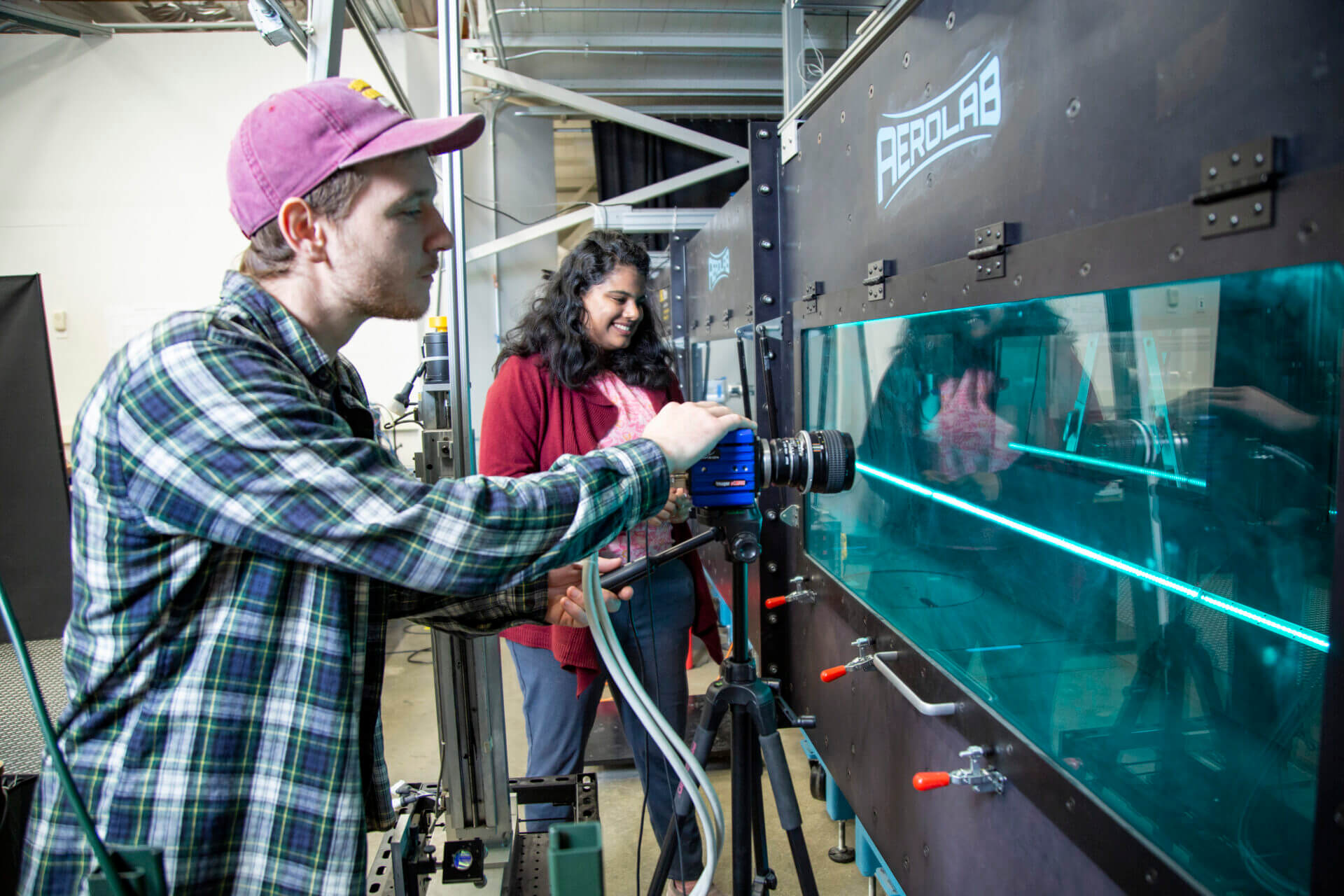
- exploration technologies
- the art, science, and technology of design and manufacturing
- aerospace / mechanical technologies for improving urban life quality

- Bio-Inspired Engineering
- Combustion and Heat Transfer
- Computational Engineering
- Design and Manufacturing
- Dynamical Systems and Controls
- Fluid Mechanics and Aerodynamics
- Solid and Applied Mechanics
How to Apply
Usc graduate application, dissertation topics, phd alumni snapshot, funding & resources, research topics database.
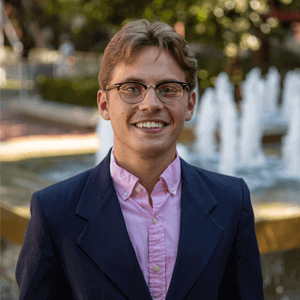
Kyle Russell
View more Doctoral Student & Alumni Profiles
Tour one of our research labs
Recent department videos.
Published on June 8th, 2021
Last updated on August 18th, 2023
- Master’s Programs
- Programs for Non-Engineering Majors
- Application Information & Steps
- Tuition & Funding
- Frequently Asked Questions (FAQ)
- Academic Disciplines
- Faculty/ Research Topic Search
- Frequently Asked Questions (F.A.Q.)
- Executive Education
- All Degree Options
- The DEN@Viterbi Experience
- Getting Started
- Online DEN@Viterbi Offerings
- Rankings and Awards
- Next Steps for Newly Admitted Master’s Students
- Next Steps for Newly Admitted Doctoral Students
- Alternatives to Visiting Campus
- Become a Partner
- Certificate Options
- U.S. Active Duty Military & Veterans
- The Boeing Company
- General Motors – Technical Education Program
- Kuwait Oil Company
- Raytheon Technologies
- Saudi Aramco
Kyle Russell PhD in Aerospace Engineering
What’s the best piece of advice you’ve ever been given?
The best advice I've ever been given is to think of research as a lifestyle rather than "work". To gain mastery over a topic, I have to spend many hours toiling over challenging concepts and problems, constantly looking for ways to better my own understanding. I do not get to mentally clock out in the afternoon and feel good about my productivity if I haven't made any progress towards internalizing a paper's findings or a textbook chapter. On the other hand, I definitely take time away from my studies and research to reset and rest.
What do you consider your greatest accomplishment?
Throughout high school and college, I struggled in math. I got fine grades, but math took a majority of my study time and it never felt intuitive to me. In my freshman year of college, I got a B- in multivariable calculus which really made me question whether I was cut out to pursue a STEM degree. Regardless, I pressed on and chipped away at areas that didn't come easy to me. Even in advanced classes, I would regularly go back to review early calculus and linear algebra concepts on YouTube and in old textbooks. By the end of my undergraduate, I was getting A's in graduate level math courses and the material felt natural to me. I began to not only grasp every concept I encountered, but appreciate some of the beauty in it. Although not an individual event or project, my journey through math courses and personal growth is one my proudest achievements.
What's your favorite impulse purchase from the past 12 months?
I had been in the process of building my own computer for months. I spent months coming up with a build, selecting parts, and assembling the hardware. However, COVID in conjunction with a surge in crypto currency mining led to a global shortage of graphics cards. Although not technically an impulse buy, I finally gave in and bought a GPU at a marked up price, but I could not be happier with my decision.
Please describe a little about your research and what excites you about it.
I synthesize nanofilms and find connections between microstructural changes and material properties. The synthesis process involves confining an argon plasma against a metal target which is in turn ablated forming a vapor; the metal vapor condenses onto substrates thus allowing for the precise design of nanofilms. I am particularly excited about this research because designing and manufacturing materials on the nanoscale stands to revolutionize entire industries including aerospace, energy, computer science, and space exploration. Furthermore, material science is an interdisciplinary field. I love connecting topics such as diffusion, plasma characteristics, and grain/phase boundary energy back towards my background in physics.
If you could choose any other profession outside of engineering or computer science, what would it be?
In high school, I truly fell in love with ecology. I don't have a particular occupation in mind, but work related to maintaining national parks, coral reefs, or revitalizing land would be a dream come true.
What are some factors that helped you decide to pursue your PhD at USC?
I would love to pursue a career in spaceflight technology development. Although not necessary, a PhD certainly helps in pursuing that passion.
If you were to recommend to an incoming student 3 places to go in California/Los Angeles, what would they be?
1. The beach. Any beach. 2. Try to find some hikes off the beaten path that might not be super popular. There are some great ones north of Malibu. 3. K-town bbq
What is a memory you'll cherish about your time at USC?
I will forever cherish the time I get to spend with the rocket propulsion lab out in the desert assembling and testing our rocket systems. Getting the opportunity to work with fantastic people on rocket engineering is something I will cherish long after I graduate.
What's one thing about you that might surprise me?
I sang at Barack Obama's first inauguration as a member of the San Francisco Boy's Choir.
What are your plans after graduation?
I plan to pursue a career in spaceflight research and development.
Hometown (city, country):
Alameda, US
Faculty Advisor:
Andrea Hodge
- Undergraduate Programs
Aerospace Engineering
- Engineering Mechanics
- Graduate Community
- Facts and Rankings
- Department History
- Accreditation
- Computational Engineering
- Student Community
- Undergraduate Research
- Department Leadership
- External Advisory Committee
- Affiliated Research Centers
- Recent Grants Awarded
- Longhorn Liftoff Magazine
- Newsletters
- Media Mentions
- Academy of Distinguished Alumni
- Alumni Profiles
- Stay Engaged
Graduate Programs
- Areas of Study
- Space Tech Entrepreneurship

Top-Ranked Graduate Education
The Aerospace Engineering (ASE) graduate program at The University of Texas at Austin is a top-10 nationally ranked program where students perform world-class research under the supervision of distinguished faculty. Students have the opportunity to complete advanced study and research leading to the Master of Science degree and the Doctor of Philosophy degree. Our graduates go on to pursue careers as engineers, scientists, inventors, astronauts, administrators, and leaders in the field of aerospace engineering.
Degree Programs
We offer advanced study and research leading to the Master of Science in Engineering degree and the Doctor of Philosophy degree in aerospace engineering. The normal prerequisite for graduate study is a Bachelor of Science degree in aerospace engineering or in a related field of engineering. Graduate study is possible for those with degrees in science or mathematics, but some undergraduate coursework will be needed to make up any deficiencies.
M.S. PROGRAM
Ph.D. PROGRAM
Entrepreneurship Specialization
The new Space Tech Graduate Specialization for master's and doctoral students, open to all areas of study in the ASE graduate program, is comprised of topics in aerospace tech with a solid foundation in business and entrepreneurship. Learn more

Ryan Russell Aerospace Engineering Program Graduate Advisor ASE 3.216

Paige Anderson Graduate Program Administrator ASE 2.228
Life in Austin

ASE GRADUATE PROGRAM HANDBOOK
Details about ASE graduate degree requirements are available in the ASE Graduate Program Handbook
Helpful Links
Academic Employment
Graduate School
Online Application
Online Registration
International Office
The University of Texas at Austin | Privacy Policy | Web Accessibility
- ENGR Direct
- Faculty and Staff Intranet
- Faculty Directory
- Information Technology
- Room Reservations
- UT Directory
Follow UT ASE/EM
Doctoral Program
Main navigation.
The Doctor of Philosophy (PhD) degree is intended primarily for students who desire a career in research, advanced development, or teaching. Students in the PhD program obtain a broad education in the core areas of Aeronautics and Astronautics through coursework, while also engaging in intensive research in a specialized area, culminating in a doctoral thesis.
Minor in Aero/Astro
A student who wishes to obtain a PhD minor in Aero/Astro should consult with the Aero/Astro Student Services Office for designation of a minor advisor. A PhD minor in Aeronautics and Astronautics may be obtained by completing 20 units of graded, graduate-level courses in the Aero/Astro Department, following a program (and performance) approved by the department’s Director of Graduate Studies. Seminars and independent study (research) units do not count toward the required 20 units. A minimum grade point average (GPA) of 3.0 on these courses is required to fulfill the Ph.D. minor. The student’s PhD Reading Committee and University Oral Committee must each include at least one faculty member from Aero/Astro.
Ph.D. IN AERONAUTICS AND ASTRONAUTICS
Department requirements are stated below for students admitted for Autumn 2021-22. Students admitted prior to Autumn 2021-22 should refer to the section “Ph.D. Aeronautics and Astronautics for Students Admitted Prior to Autumn 2021-22” (at the bottom of this page) for Qualifying Examination procedures.
Aero/Astro Doctoral Study
Students admitted to our Ph.D. program who do not already have an M.S. in a related discipline conferred when they begin the Ph.D. program must complete the Aeronautics and Astronautics M.S. degree requirements prior to receiving the Ph.D. This requires submission of the Graduate Program Authorization Petition in Axess ($125 fee) to add the M.S. program to a student’s record, and submission of the Master’s Program Proposal with advisor’s signature to the Aero/Astro Student Services Office. This must be completed at, or before, the beginning of year three of the Ph.D. program.
All Ph.D. students must complete the department qualifying procedures and apply for candidacy by the end of their second year of graduate study to remain in good standing in the Ph.D. program. Requirements for remaining in good standing for the duration of the program are described in the “Ph.D. Requirements for Good Standing”, below. The Qualifying Examination is given once in the Autumn Quarter and once in the Spring Quarter. The application must have the signed approval of the student's Ph.D. advisor.
Ph.D. Requirements and Good Standing
Ph.D. students maintain good standing by:
- Meeting the university requirements for graduate enrollment and minimum progress (see below).
- Receiving official commitment of one faculty member to advise their Ph.D. program by the end of quarter four. This is recorded on the Ph.D. Advisor Commitment form and submitted to the Aero/Astro Student Services Office.
- Passing the Qualification Examination. Ph.D. students must complete this in the second year of graduate study. (Students admitted from the Stanford M.S. program must take the examination in Spring Quarter of year two of their graduate studies.)
- Submitting the Application to Candidacy before the end of the quarter when they pass the Qualification Exam. Once achieved, candidacy is granted through year seven of graduate study for students completing the M.S degree, or through year six of graduate study for students admitted with an M.S. degree in a related discipline, unless terminated by the department (e.g., for unsatisfactory progress).
- Participate in research, retain advisor, and sustain satisfactory research progress as determined by advisor.
- Satisfy coursework requirements.
- Secure advisor approval for any internship or leave of absence .
- Form a Dissertation Reading Committee .
- Pass the Oral Examination , in which dissertation results are presented and defended.
- Submit the final dissertation to the university. (See Doctoral Dissertation below)
- Apply to Graduate in AXESS during your final quarter in the program.
- Complete all these requirements for the Ph.D. within the candidacy period, or receive department approval for an extension of candidacy (for up to one year) and complete the requirements during that period.
Dissertation Advisor, Research Topic and Progress
Students are expected to participate in research with a faculty member each quarter until the student identifies a Ph.D. advisor, and the first quarter rotation must be with an Aero/Astro faculty member. Research activity is evaluated by the faculty advisor each quarter for all Ph.D. students and the result is recorded using at least one unit of research credit. Before the start of the quarter, expectations for research will be set at an initial meeting between the student and the research advisor. The Student Services Office will monitor your research rotation participation each quarter. If you do not participate in research, you may no longer be in good standing in your Ph.D. program and risk losing funding support. Funding for new students supports up to four quarters in a rotation program. The arrangement between the student and the faculty member supervising your research may be for the entire academic year or for a shorter period. The latter would enable a student to work with different faculty members exploring different areas of research until the student identifies a Ph.D. advisor. This provides you with the opportunity to find the group that is best suited to your research interests.
Students must receive an official commitment from a Ph.D. Advisor by the end of quarter four of the Ph.D. program. This is recorded on the Ph.D. Advisor Commitment form and submitted to the Aero/Astro Student Services Office. By signing the form, a faculty member indicates a commitment to supervise the student, and work toward securing funding. The principal dissertation advisor must be a member of the Academic Council. Former Academic Council members, emeritus Academic Council members, or non-Academic Council members may serve as co-advisor with the appointment of a principal dissertation advisor who is currently on the Academic Council.
Faculty research advisors guide students in key areas such as selecting courses; designing and conducting research; developing of teaching pedagogy; navigating policies and degree requirements; and exploring academic opportunities and professional pathways. The primary responsibilities for monitoring the research progress of a Ph.D. student lies with the Ph.D. research advisor. An acceptable research dissertation must be presented for the Ph.D. degree. Because development of a dissertation is usually an intense and personal process involving you and your research advisor, it is not possible to abstractly define an acceptable dissertation. You should be very careful to reach a clear understanding of your advisor’s expectations and standards before embarking too far into the research project. Switching your research topic without the consent of the research advisor will affect the status of good standing.
When the research advisor is from outside the Aero/Astro department, the student must also identify a primary faculty co-advisor from within the department to provide guidance on departmental requirements and opportunities. The co-advisor must be a member of the student’s Reading Committee and Oral Exam Committee.
Students and advisors should be aware of the University’s policies regarding minimum progress requirements for graduate students described in the Stanford Bulletin in the section titled "Graduate Degree”, including the quarterly grading expectations for research units and for the TGR course. If these are not met, the advisor and department will follow the University’s guidance, as explained in the “ Guidelines for Dismissal of Graduate Students for Academic or Professional Reasons ” section of the Stanford Bulletin.
Occasionally, a student's research may diverge from the area of competence of the adviser, or irreconcilable differences may occur between the student and the faculty adviser. In such cases, the student or the faculty adviser may request a change in assignment. If the department decides to grant the request, every reasonable effort must be made to pair the student with another suitable adviser. This may entail some modification of the student's research project. In the rare case where a student's dissertation research on an approved project is in an advanced stage and the dissertation adviser is no longer available, every reasonable effort must be made to appoint a new adviser, usually from the student's reading committee. This may also require that a new member be added to the reading committee before the draft dissertation is evaluated in order to keep the reconstituted committee in compliance with the University requirements for its composition. Please see the Aero/Astro Student Services Office immediately if you have any questions or concerns about this.
Ph.D. Qualifying Procedures in Aero/Astro
The Aero/Astro Qualifying Examination entails two components: (1) Field Examinations (components can be waived, more details provided below) and (2) Research Examinations. All Ph.D. students must attempt the department qualifying procedures before the end of their second year of graduate study to remain in good standing in the Ph.D. program. The Aero/Astro Ph.D. Qualifying Examination is given once in the Autumn Quarter and once in the Spring Quarter, usually in the second week of November and May. The exact dates are announced several weeks before the exam. The Application for the Aero/Astro Ph.D. Qualifying Examination is made available early each examination quarter, with the application deadlines early in April and October. The application must have the signed approval of the student's proposed Ph.D. advisor. Students must be enrolled in the quarter they attempt the Qualifying Examination.
Eligibility
To be eligible for the Aero/Astro Qualifying Examination, a student must meet the following conditions by the appropriate deadline.
- The candidate should have the official commitment of one faculty to advise them. There is no explicit requirement regarding having taken one or more AA290 classes with the advisor.
- The student’s overall average GPA must be greater than or equal to 3.5.
Application for the Aero/Astro Qualifying Examination
The application form is made available early each Quals quarter and is due approximately two weeks later. The application must have the signed approval of the student's Ph.D. advisor.
All petitions (to waive specific Quals conditions or to defer the exams) are due prior to the start of the Quals quarter (deadline announced); they must include a justification of exception circumstances, advisor signature, and appropriate documentation. Submitting any such petition is not guaranteed to be approved.
Field Examination Procedures
- Students can waive one or more of these classes by following a two-step process: (step 1) showing that they have taken a sufficiently related class at a prior institution (which needs to be certified by the AA Director of Graduate Studies) and (step 2) taking an exam for each of the classes the student desires to waive and achieving a grade of A or higher (the instructor can handle the exam in the form of their choosing, e.g., through an oral exam or a written exam). The exam will be offered once per year (synchronously with the regular exam for the related course). If the student does not achieve a grade of an A or higher on the waiver exam, then the student is required to take the course.
- Students who do not meet the 3.7 core course GPA requirements will be required to take a field exam in each corearea where the GPA is lower than 3.7. Field Exams will be scheduled for the same week as QualifyingExaminations. Each Field Exam is a 45-minute oral examination of knowledge and understanding on topics fromone core area, and is conducted by a committee of three examiners made up of AA faculty (the advisor, or co-advisor, may be included). In consultation with their advisor, the student will submit a list of suggested examiners(at least four, ranked in order of preference). The AA Director of Student and Academic Services will determine the final list of examiners based on the provided list and faculty availability. One faculty member will be assigned as the Point of Contact (POC) in charge of sending examination feedback and results to the Director of Student and Academic Services.
Field Exam Decision
- Once compiled, the Director of Student and Academic Services will disseminate the feedback and results to the student’s Ph.D. advisor(s).
Following the Field Exams, the results will be discussed by the department faculty in a closed meeting. A student who fails to pass a field exam, or exams, the first time will be eligible to retake the exam(s) with advisor approval. A student approved to retake a field exam must pass the next available Field Exams. A student who does not receive advisor approval for a retake option or fails the field exam(s) for a second time will be removed from the Ph.D. program. The student’s Ph.D. advisor will relay final decisions to the student.
Core courses per area for gaining Qualifying Examination eligibility:
- ENGR 205: Introduction to Control Design Techniques
- AA 242A: Classical Dynamics
- AA 200: Applied Aerodynamics
- AA 210A: Fundamentals of Compressible Flow
- AA 240: Analysis of Structures
- AA 256: Mechanics of Composites
- AA 203: Optimal and Learning-based Control
- AA 214: Numerical Methods for Compressible Flows
- AA 222: Engineering Design Optimization (CS 361)
- AA 228: Decision Making under Uncertainty (CS 238)
Research Examination
- The candidate student will be examined by 3 faculty (advisor, and co-advisor, not included; the advisor(s) mayattend the exam session as a “silent observer”, but will leave for the discussion regarding the decision). At least 2 ofthe faculty should be AA faculty (no courtesy). In consultation with their advisor, the student will submit a list of suggested examiners (at least five, ranked in order of preference). If the student is proposing faculty from outside of AA, it is highly recommended the Ph.D. advisor and student consult with the outside faculty member(s) to assist with availability, scheduling, and guidelines. The AA Director of Student and Academic Services will determine the final list of examiners based on the provided list and faculty availability. One faculty member will be assigned as the Point of Contact (POC) in charge of sending examination feedback and results to the Director of Student and Academic Services.
- The advisor submits a one-paragraph recommendation of the student to the examiners. The recommendation will inform the discussion and evaluation of the student at the end of their exam.
- What is the research problem? Why is it hard? Who does it impact?
- What is the state of knowledge in the field today? What are the limits of current practice?
- What is the new technical idea? Why can we succeed now?
- Are there others dedicated to finding a solution to the problem?
- What is the impact if successful?
- The student supplies to each examiner a 1-page report summarizing the student’s research project and a plan for the Ph.D. The report is due to the examiners two weeks before the exam. The role of the report is to give some time to the examiners to familiarize themselves with the student’s research project.
- During the first half hour the student presents the research project.
- The second half hour comprises a 30-minute QA session related to the research project. During this session the examiners can ask questions related to the fundamental concepts covered during the presentation. This gives the opportunity to the examiners to assess general mastery of the area the student is working on, beyond the traditional confines of coursework. The examiners should make sure that there is enough diversity in the questions asked.
Research Examination Decision
- Pass, with a list of classes the student should take to strengthen their background (at most three); the student should receive a grade of at least B in these classes in order to defend their thesis
- Fail, with retake option (if first time) or removal of the student from the PhD program (if second time)
Following the Research Exams, the results will be discussed by the department faculty in a closed meeting. If there is no consensus on an exam outcome, the Department Chair will lead a discussion regarding the case until a consensus is reached. A student who fails the research examination the first time will be eligible to retake the exam with advisor approval. A student approved to retake the research exam must pass the next available Research Exams. A student who does not receive advisor approval for a retake option or fails the exam for a second time will be removed from the Ph.D. program. The student’s Ph.D. advisor will relay final decisions to the student.
After the Exams
A student who passes the Qualifying Examination must file for candidacy before the end of the quarter.
A student can take field exams and/or research exams at most twice (with advisor approval). The first time should be either in the Fall or Spring of the second year; the second time, if applicable, should be the next available Qualifying Examination. A student who fails to qualify after two attempts may remain in the AA-Ph.D. program for one additional quarter. After this additional quarter, a student will be formally dismissed from the Ph.D. program by the Aero/Astro Faculty Committee. In this quarter, the department will not approve a leave of absence or reduced tuition requests.
If a student elects to formally enter the Engineer degree, they must discontinue the Ph.D. at the same time they add the Engineer degree via the Graduate Program Authorization Petition in Axess.
There are two requirements for admission to Ph.D. candidacy in Aeronautics and Astronautics: students must first pass the departmental qualifying exam and must then submit an application for candidacy. The Application for Candidacy for Doctoral Degree (PDF) must be submitted to the Aero/Astro Student Services Office before the end of the quarter in which a student passes the Qualifying Examination. The candidacy form lists the courses the student will take to fulfill the requirements for the degree. The form must include the 90 non-MS units required for the Ph.D.; it should be signed by the advisor and submitted to the Aero/Astro Student Services Office for the Director of Graduate Studies’ approval signature. Aero/Astro uses a department-specific candidacy form, which may be obtained in the Aero/Astro Student Services Office. It is incumbent upon Ph.D. students to request letter grades in all courses listed on the Application for Candidacy form.
Students must receive a passing grade, and maintain a minimum GPA of 3.0, on all courses listed on the Candidacy form. Changes can be filed at any time by submitting a revised Candidacy form with advisor's signature, and submitting the form to the Aero/Astro Student Services Office for the Director of Graduate Studies’ approval. In order to graduate or go TGR, you must have completed all units listed on your current Candidacy form including any units for a Ph.D minor.
Once achieved, candidacy is granted through year seven of graduate study for students completing the M.S degree, or through year six of graduate study for students admitted with an M.S. degree in a related discipline, unless terminated by the department (e.g., for unsatisfactory progress). This term is not affected by leaves of absence. The candidacy end date is listed on the student’s record in AXESS. Students who are unable to graduate before their candidacy expires may submit an extension request for up to one additional year of candidacy.
Candidacy extensions requests require review of a dissertation progress report, a dissertation draft, timetable for completion of the dissertation, and any other factors regarded as relevant by the department. Students must submit the candidacy extension request before the end of their program's time limit. Once candidacy has expired, registration privileges are terminated and the student will need to apply for reinstatement into the Ph.D. program. Extension requests should be submitted to the Aero/Astro Student Services Office. Note, the department is not obligated to grant an extension, and all requests are subject to final approval by the Aero/Astro Department Chair.
Ph.D. Funding
AA-PhD students who are in good standing relative to program requirements are funded to the department’s 50% academic year post-quals research assistantship level. Arranging for this funding is the responsibility of the faculty Ph.D. advisor and the department, and can include fellowships, research assistantships, training grants and teaching assistantships.
Students receiving summer funds, including RAs and fellowships, must be registered. If there is a reasonable expectation for a student to be making progress toward the degree in the summer or during a graduation quarter, and the student is in good standing, the student should be funded at minimum to the 50% post-quals research assistantship level. However, arrangements may be made during the summer for a research assistantship percentage increase/decrease depending on the expectations of research progress agreed upon by the student and advisor. When students near the end of their degree program, the student and advisor may agree to end the graduate funding; it’s necessary, for instance, if students begin their new employment before Ph.D. conferral.
Course requirements
Each individual Ph.D. program, designed by the student in consultation with the advisor, should represent a strong and cohesive program reflecting the student's major field of interest. Ph.D. candidates must complete a minimum of 135 units. Ph.D. candidates who received their M.S. from Stanford may count up to 45 units towards the 135-unit total. Students who received an M.S. degree at another institution may petition (through the university Registrar’s Office) to transfer up to 45 units toward the 135-unit requirement.
Of the 90 units required beyond the M.S., a student must complete a minimum of 27 units (including 9 units of mathematics) of approved courses in advanced study in engineering, science, and mathematics (excluding research, directed study, and seminars) beyond the MS degree. These units must be taken for a letter grade, and all courses must be numbered 200 and above. Note: One math course may be taken at the 100 level if approved by the advisor. The remainder of the 90 units may be in the form of either Ph.D. dissertation units or free electives, these remaining units must be in courses at or above the 100 level. Units which were applied toward the M.S. degree cannot be used again. An advisor approved Ph.D. course proposal must be submitted when applying for Ph.D. candidacy.
Ph.D. students in Aeronautics and Astronautics must take 3 mathematics courses (a minimum of 9 units), with at least 6 units from courses numbered above 200. The Aero/Astro Department and the other engineering departments offer many courses that have sufficient mathematical content that they may be used to satisfy the mathematics requirement; a pre-approved list of mathematics requirements (PDF) is included in the department's handbook, but there are many others which may be acceptable. Please consult with your advisor and the Aero/Astro Student Services Office before assuming that a particular course will be accepted in your own program.
Ph.D. Minor
If choosing to take a Ph.D. minor, or minors, in other departments, a maximum of 9 units total from the minor program(s) may be included in the 27 units of formal coursework; the remaining minor units may be considered free electives, and included within the 90-unit total (beyond the MS) required for the Aero/Astro Ph.D.
Dissertation Reading Committee
Each Ph.D. candidate is required to establish a reading committee for the doctoral dissertation within six months after passing the department's Ph.D. Qualifying Examination. Thereafter, the student should consult frequently with all members of the committee about the direction and progress of the dissertation research. The student’s principal advisor and dissertation reading committee have the responsibility of supervising the research work and insuring that high standards of performance are maintained. Conversely, it is the student’s responsibility to keep their reading committee members informed about their research progress. The signatures on your dissertation represent the final certification of its adequacy.
A Dissertation Reading Committee consists of the principal dissertation advisor and at least two other readers. If the principal advisor is not within the Aero/Astro Department, there should be an Aero/Astro co-advisor. It is expected that at least two members of the Aero/Astro faculty will be on the reading committee. Although all readers are usually members of the Stanford Academic Council, the Department Chair may approve in special circumstances that must be justifiable, one non-Academic Council reader if the person brings unusual and necessary expertise to the dissertation research, and has no conflict of interest (for example, this person should not be part of the research project or directly associated with the funding authority). Generally, this non-Academic Council reader will be a fourth reader, in addition to three Academic Council members. It is the student’s and the advisor’s responsibility to justify to the Chair why this non-Academic Council member is proposed as a fourth reader.
The student must submit a Doctoral Dissertation Reading Committee form , signed by each of the readers, to the Aero/Astro Student Services Office for approval by the Department Chair. Approval of a non-Academic Council reader requires submission of a Petition for Non-Academic Council Doctoral Committee Members . Any changes to the committee must be submitted to the Aero/Astro Student Services Office for approval by the Department Chair prior to submission of the dissertation. The Change of Advisor or Reading Committee Form requires the signature of anyone who is added to the committee; advisors/readers who signed the original form do not need to sign again.
University Oral Examination
Each Ph.D. candidate is required to take the University Oral Examination after the dissertation is substantially completed but before final approval of the dissertation. The dissertation draft must be in writing, with the expectation the final dissertation will be ready to submit within one quarter of the examination. The student should make available the draft copy of the dissertation to members of the examination committee prior to the exam. The examination itself is intended to verify that the research represents the student’s own contribution to knowledge and to test their understanding of the research. Candidacy must be valid and the student must be registered in the quarter in which the University Oral Examination is taken. The coordination of this exam is the responsibility of the department (primarily the student and advisor). The Registrar reviews but does not participate in the examination. The examination normally begins with a presentation by the Ph.D. candidate during which clarifying questions may be asked. This part of the examination is typically open to the public. After a brief recess, the examination continues in private session, with only the candidate and members of the examining committee in attendance.
This Committee is comprised of four faculty examiners plus a chairman. The examination should be conducted according to the major department’s stated practice, although it should not exceed three hours in length. A typical exam in Aero/Astro is expected to take three hours. At the conclusion of the examination the candidate should be asked to leave so that the committee can confer in private. A vote is taken and the chair tallies the votes of the members. The Orals Chair should submit the results of the examination to the Student Services Office immediately following the exam. The student’s advisor will notify the student of the outcome.
The University Oral Examination Form can be found on the Registrar’s Office website. The form must be submitted with a thesis draft to the Aero/Astro Student Services Office at least three weeks prior to the date arranged for the oral examination. The department will provide a (red) folder which includes the exam schedule, ballots, and department and university guidelines for the exam. Note: Students must be enrolled during the quarter when they take their University Oral Examination. If the orals take place during the break time between quarters, the student must be enrolled in the prior quarter. Once the oral examination has been passed, the student finalizes the thesis for reading committee review and final approval.
Procedures for Scheduling University Oral Examinations
- Register for the quarter in which you will be taking your Orals.
- Verify your Reading Committee in Axess : If the committee who signed on the form when you submitted your Doctoral Dissertation Reading Committee form is no longer appropriate, complete the Change of Advisor or Reading Committee Form and submit to the Aero/Astro Student Services Office.
- Four examiners: normally your reading committee plus one other faculty member, although readers are not required to be members (for instance, in case of scheduling conflicts). At least one examiner must be from your major department; Aero/Astro expects that two or, more likely, three members will be Aero/Astro faculty. Check with your minor department for their rules for representation. At least three examiners must be members of the Academic Council (i.e., a Stanford Professor, Associate Professor, or Assistant Professor - not Adjunct or Visiting). A non-Academic Council member requires a Petition for Doctoral Committee Members.
- Committee chair: must be a member of the Academic Council or an emeritus member. May not hold an appointment in the same department as you or your advisor (this includes joint appointments, but does not include courtesy appointments). May not be a member of the reading committee. The chair is an "impartial representative of the University" in the exam; although the chair does vote, the chair need not be expert in your field. If you are having difficulty identifying a chair, ask your advisor or fellow students for suggestions. If you decide on a chair from a distant field (e.g., History or Music), make sure your advisor is aware of your plan before the exam
- Schedule a room: for participation in a public seminar, ask the Aero Astro Office (Durand 202), email: [email protected]
- University Oral Examination Schedule Form (if you have a minor, obtain minor department chair signature)
- Dissertation abstract (for the committee chair)
- Dissertation draft (for the department chair, and full committee as requested)
- Petition for Non-Academic Council Doctoral Committee Members, if required (with curriculum vitae if they are not visiting faculty or on the Stanford academic staff.)
- Remind your Committee – Approximately three days before the oral, send reminders to your full committee about the exam date and location.
Doctoral Dissertation
Please refer to the Directions for Preparing Doctoral Dissertations , which outlines the University guidelines for preparing a Ph.D. dissertation. When the final draft of your dissertation has been completed, make an appointment to consult with the Graduate Degree Progress (GDP) officer in the Registrar’s Office to go over a review of the completion of your Ph.D. program and the strict formatting requirements for the dissertation. Submit the final version of your dissertation to the GDP no later than the dissertation deadline of your submission quarter. Note: All members of the Reading Committee must sign the dissertation before the filing deadline.
The date of degree conferral is early in the following quarter. Diplomas are mailed following degree conferral. Students who have no outstanding Stanford obligations (financial or academic) may obtain an official "certificate of completion" from the Graduate Degree Progress Office after degree conferral. Prior to requesting a Statement of Completion, the submission must first be approved by both the Final Reader and Registrar's Office. Note: students will receive email confirmation once the submission is approved by the Registrar's Office. This email confirmation will provide instructions for obtaining the letter by essentially logging on to AXESS, and going to the eDissertation/eThesis Center, where it should be ready and available as a link to the student.
Note: Students may be eligible to petition for a Graduation Quarter during the quarter they plan to submit the dissertation. For details, contact the Aero/Astro Student Services Office . International students should consult carefully with the International Center before selecting specialized registration status because their visas may prohibit it.
Aerospace Engineering (Ph.D.)
Focus: advancing knowledge and research in areas such as aerodynamics and fluid mechanics, aeroelasticity and structural dynamics, flight mechanics and control, propulsion and combustion, structural mechanics and materials behavior, and system design and optimization. Blank Space (small) (text and background only visible when logged in) Aerospace Engineering (Ph.D.) Course Description and Catalog
- eng.umd.edu
- Faculty Directory
- Staff Directory
The graduate program at Maryland offers a broad program in graduate studies with five areas of specialization leading to the degrees of master of science (thesis and non-thesis) and doctorate of philosophy.
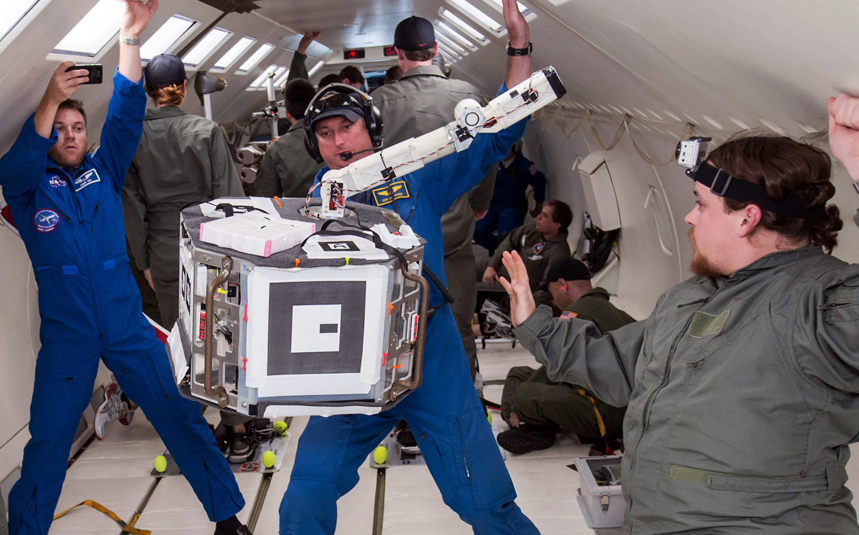
Graduate students can choose from the following areas of specialization:
- Aerodynamics and propulsion
- Structural mechanics and composites
- Space systems
- Flight dynamics, stability and control
Within these disciplines, the student can tailor programs in areas such as computational fluid dynamics, aeroelasticity, hypersonics, composites, smart structures, finite elements, space propulsion, robotics, and human factors.
For general inquiries regarding graduate studies at the Department of Aerospace Engineering you may contact:
Dr. Kenneth Yu Director, Graduate Studies Aerospace Engineering [email protected] 301-405-1333
Leslie Davis Program Coordinator, Student Services 3179 Glenn L. Martin Hall [email protected] 301-405-0190
Gambaro Graduate Program of Aeronautics and Astronautics - School of Aeronautics and Astronautics - Purdue University

Gambaro Graduate Program of Aeronautics and Astronautics
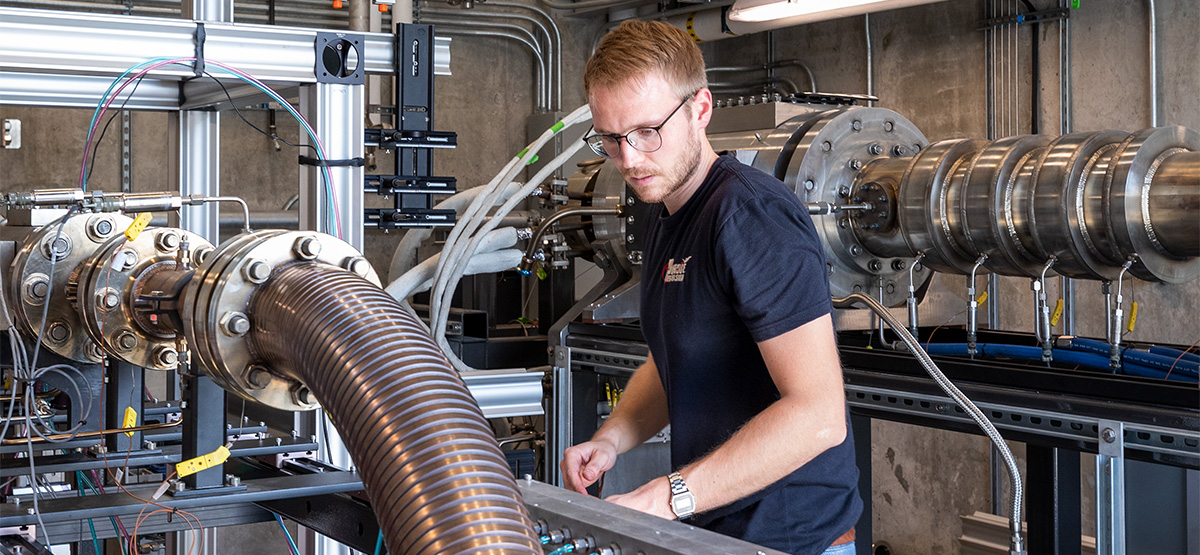
The Purdue University School of Aeronautics and Astronautics is among the top aerospace engineering programs in the nation and is ranked sixth by the U.S. News and World Report in aerospace graduate programs.
We offer the following degree programs:
- MS non-thesis program (on campus and distance learning )
- Professional MS with Engineering Leadership Concentration
- MS thesis program
- Ph.D. program
We offer the following concentrations:
- Computational Science and Engineering Concentration
We offer the following dual degree programs:
- Combined BSAAE/MSAA
- Combined MS/MBA
Research areas include:
- Aerodynamics
- Aerospace Systems
- Astrodynamics and Space Applications
- Autonomy and Control
- Structures and Materials
Announcements
Find upcoming events, job openings and other announcements from the AAE graduate program on our Graduate Announcements page .
Points of Contact

- University of Southern California
- Viterbi School of Engineering
M.S. in Aerospace Engineering
Admission requirements follow the general admission rules for aerospace and mechanical engineering graduate programs. For admission requirements, refer to Viterbi Graduate Degrees and Requirements at USC Viterbi School of Engineering .
The Master of Science in Aerospace Engineering prepares the student to practice engineering at an advanced level in a specialization within aerospace engineering and to recognize the benefit of solving problems using expertise from other engineering disciplines. Students improve their skills in setting up and solving problems by using contemporary tools and leveraging interaction with peers.
Requirements
The program of study depends upon the student’s interests and background. The M.S. in Aerospace Engineering program requires completion of a minimum of 27 units , with at least 18 units at the 500 level, and a 3.0 GPA overall. A minimum of 15 units must be AME 500-level courses including AME 525. See details below.
- 4 units of AME 525 Engineering Analysis
- Cross-listed classes count as AME department courses
- Elective courses may be from AME, Math, Physics, or other Engineering Departments (ASTE, BME, CE, CHE, CSCI, DSCI, EE, ENE, ENGR, ISE, ITP, MASC, PTE, SAE)
- No more than 9 units at the 400 level
- No more than 3 units of AME 590 Directed Research can be taken as elective credit
In addition to the general requirements listed in the catalogue, the department has identified requirements in several areas of optional specializations. Core requirements and elective requirements are defined for each area of specialization below. Note that the specializations are not designated on transcripts or diplomas.
Specializations
*Note that listed core and elective units below may not add up to 27 for some specializations. Courses listed are either 3 or 4 units. Remaining units can be chosen in area of specific interest to the student in accordance with the requirements listed above.
Requirement Common to All Areas Of Specialization is AME 525 Engineering Analysis.
Applied Math Requirement (1 course = 4 units): AME 525 Engineering Analysis (4 units)
Core Requirements (2 courses = 8 units): AME 530a Dynamics of Incompressible Fluids (4 units) AME 511 Compressible Gas Dynamics (4 units)
Core Electives (select 1 course = 3-4 units): AME 506 Continuum Mechanics and Thermodynamics (4 units) AME 535a Introduction to Computational Fluid Mechanics (3 units) AME 651 Statistical Theories of Turbulence (3 units)
Core Requirements (2 courses = 7 units): AME 532a Flight Vehicle Stability and Control (3 units) AME 541 Linear Control Systems II (4 units) (Pre-req: AME 451 or equivalent)
Core Electives (select 1 course = 3-4 units): AME 532b Flight Vehicle Stability and Control (3 units) AME 552 Nonlinear Control Systems (4 units) (Pre-req: AME 541) AME 544 Computer Control of Mechanical Systems (3 units) AME 545 Modeling and Control of Distributed Dynamic Systems (3 units) ASTE 585 Spacecraft Attitude Control (3 units) ASTE 586 Spacecraft Attitude Dynamics (3 units)
Core Requirements (1 course = 3 units): AME 527 Elements of Vehicle and Energy Systems Design (3 units)
Core Electives (select 2 courses = 6-7 units): ASTE 520 Spacecraft System Design (3 units) AME 408 Computer-Aided Design of Mechanical Systems (3 units) AME 410 Engineering Design Theory and Methodology (3 units) AME 502 Modern Topics in Aerospace Design (3 units) AME 528 Finite Element Analysis (4 units) (Cross-listed with CE 529; students enroll in CE 529) AME 532a Flight Vehicle Stability and Control (3 units) AME 549 System Architecting (3 units) (Cross-listed with SAE 549; students enroll in SAE 549)
Core Requirements (3 courses = 12 units): AME 529 Aircraft Structures Analysis (4 units) (Pre-req: AME 204 or equivalent) AME 509 Applied Elasticity (4 units) (Pre-req: Stress Analysis, AME 403 or equivalent) AME 521 Engineering Vibrations II (4 units) (Pre-req: AME 420 or equivalent)
Core Electives (select 2 courses = 6-8 units): AME 420 Engineering Vibrations I (3 units) AME 506 Continuum Mechanics and Thermodynamics (4 units) AME 507 Mechanics of Solids I (4 units) (Cross-listed with CE 507; students enroll in CE 507) AME 522 Nonlinear Dynamical Systems, Vibrations, and Chaos (4 units) AME 524 Advanced Engineering Dynamics (4 units) AME 528 Finite Element Analysis (4 units) (Cross-listed with CE 529; students enroll in CE 529) AME 539 Multi-body Dynamics (4 units) AME 560 Fatigue and Fracture (3 units) (Cross-listed with MASC 560; students enroll in MASC 560) AME 585 Aerospace Structures II (3 units) (Pre-req: AME 485 or equivalent) CE 541 Dynamics of Structures (4 units)
Core Requirements (3 courses = 11 units): AME 530a Dynamics of Incompressible Fluids (4 units) AME 511 Compressible Gas Dynamics (4 units) AME 535a Introduction to Computational Fluid Mechanics (3 units)
Core Elective in Fluid Dynamics (1 course = 3-4 units): AME 506 Continuum Mechanics and Thermodynamics (4 units) AME 513a Principles of Combustion (4 units) AME 651 Statistical Theories of Turbulence (3 units)
Core Elective in Numerical Methods (select 1 course= 3-4 units) AME 415 Turbine Design and Analysis (3 units) AME 535b Introduction to Computational Fluid Mechanics II (3 units) AME 579 Numerical Modeling of Single and Multiphase Reactive Flows (4 units) (Pre-req: AME 535a and AME 513b or equivalent) ASTE 545 Computational Techniques in Rarefied Gas Dynamics (3 units)
Core Requirements (4 courses = 13 units): AME 436 Energy and Propulsion (3 units) AME 511 Compressible Gas Dynamics (4 units) ASTE 570 Liquid Rocket Propulsion (3 units) ASTE 572 Advanced Spacecraft Propulsion (3 units)
Core Electives (select 2 courses = 6-8 units): ASTE 501a Physical Gas Dynamics (3 units) AME 414 Engineering Thermodynamics II (3 units) AME 513a Fundamentals and Applications of Combustion I (4 units) AME 513b Fundamentals and Applications of Combustion II (4 units) (Pre-req: AME 513a) AME 530a Dynamics of Incompressible Fluids (4 units) AME 579 Numerical Modeling of Single and Multiphase Reactive Flows (4 units) (Pre-req: AME 535a and AME 513b or equivalent)
Published on March 10th, 2017
Last updated on July 31st, 2023
- Diversity, Equity & Inclusion
- Announcements
- Media Coverage
- Events Calendar
- Research Areas
- Lab Directory
- Publications
- Faculty Directory
- Tenured/Tenure-track Faculty
- Teaching/Practice Faculty
- Research Faculty
- Adjunct Faculty
- Joint Faculty
- Emeritus Faculty
- Part-time Instructional Faculty
- Undergraduate Student Resources
- Graduate Student Resources
- Student Activities
- Industry and Career Resources
- Opportunities
- Make a Gift

IMAGES
VIDEO
COMMENTS
Hi everyone, I'm an Aerospace Engineering graduate (MSc) considering to pursue a PhD. I've read something (on this sub and elsewhere) about what it means to pursue a PhD, what can happen, pros, cons and whatnot. I'd like to ask a few questions about PhDs in general, if you have specific knowledge about PhDs in engineering, even better.
No doubt about that. But an engineering degree is an engineering degree, you cannot really go wrong. And lastly, from my experience, interests can change. Aerospace, like others said, is very specific. You lose interest midway, it'll not be the best. Mechanical is definitely a broader field, but both are great paths.
The master's degree program in aeronautics or space engineering is a one-year program that provides advanced training in the areas of aeronautics or space engineering beyond that covered in a four-year undergraduate program. The program consists of a set of five core courses (see details below). There is no research requirement, nor is a thesis ...
Below is a list of best universities in the United States ranked based on their research performance in Aerospace Engineering. A graph of 35.3M citations received by 1.16M academic papers made by 739 universities in the United States was used to calculate publications' ratings, which then were adjusted for release dates and added to final scores.
Fall 2024 MAE Graduate Admissions. Applications for MAE Graduate Admission will open: MS - September 6th, 2023- January 3rd, 2024. Ph.D. - September 6th, 2023- December 6th, 2023. Admissions occur in the Fall Quarter only, and late applications cannot be accepted. Please see our Frequently Asked Questions (FAQs) below for answers to most questions.
The Ph.D. in Aerospace Engineering degree program allows highly motivated students with a strong science and engineering background to conduct research and coursework in the areas of aerospace structures, propulsion, and aerodynamic systems, while earning their doctoral degree. Admission to the program is reserved for candidates at the bachelor ...
The Georgia Institute of Technology, also known as Georgia Tech, is a top-ranked public college and one of the leading research universities in the USA. Georgia Tech provides a technologically focused education to more than 25,000 undergraduate and graduate students in fields ranging from engineering, computing, and sciences, to business, design, and liberal arts. Georgia Tech's wide variety ...
During the open graduate application cycle, AeroAstro hosts graduate information sessions for prospective students to learn more about our faculty, research, program offerings, and our graduate school application process! The current 2024 cycle has closed. Information sessions will be next offered during the Fall 2024 term.
An aerospace engineering PhD opens the door to high-level, lucrative engineering jobs and to opportunities to enter the field of academia as a professor. Our guide covers the best PhDs in Aerospace Engineering and the best aerospace engineering jobs. We've included a few online degree options for those who wish to earn their degree while ...
Here are the Best Aerospace Engineering Programs. Massachusetts Institute of Technology. California Institute of Technology. Stanford University. Georgia Institute of Technology. University of ...
Doctoral Program in Aerospace Engineering. Focusing on three major strategic themes: exploration technologies. the art, science, and technology of design and manufacturing. aerospace / mechanical technologies for improving urban life quality. Fast Facts.
The Aerospace Engineering (ASE) graduate program at The University of Texas at Austin is a top-10 nationally ranked program where students perform world-class research under the supervision of distinguished faculty. Students have the opportunity to complete advanced study and research leading to the Master of Science degree and the Doctor of ...
The Doctor of Philosophy (PhD) degree is intended primarily for students who desire a career in research, advanced development, or teaching. Students in the PhD program obtain a broad education in the core areas of Aeronautics and Astronautics through coursework, while also engaging in intensive research in a specialized area, culminating in a doctoral thesis.
Doctoral Program. The Doctor of Philosophy (PhD) degree is intended primarily for students who desire a career in research, advanced development, or teaching. Students in the PhD program obtain a broad education in the core areas of Aeronautics and Astronautics through coursework, while also engaging in intensive research in a specialized area ...
Aerospace Engineering (Ph.D.) Course Description and Catalog. Focus: advancing knowledge and research in areas such as aerodynamics and fluid mechanics, aeroelasticity and structural dynamics, flight mechanics and control, propulsion and combustion, structural mechanics and materials behavior, and system design and optimization.
The graduate program at Maryland offers a broad program in graduate studies with five areas of specialization leading to the degrees of master of science (thesis and non-thesis) and doctorate of philosophy. ... Director, Graduate Studies Aerospace Engineering [email protected] 301-405-1333. Leslie Davis Program Coordinator, Student Services 3179 Glenn ...
The Purdue University School of Aeronautics and Astronautics is among the top aerospace engineering programs in the nation and is ranked sixth by the U.S. News and World Report in aerospace graduate programs. ... (Registration, Plan of Study, PhD Qualifying Exams) Armstrong Hall 2005 (765) 494-4580
Admission requirements follow the general admission rules for aerospace and mechanical engineering graduate programs. ... The M.S. in Aerospace Engineering program requires completion of a minimum of 27 units, with at least 18 units at the 500 level, and a 3.0 GPA overall. A minimum of 15 units must be AME 500-level courses including AME 525.